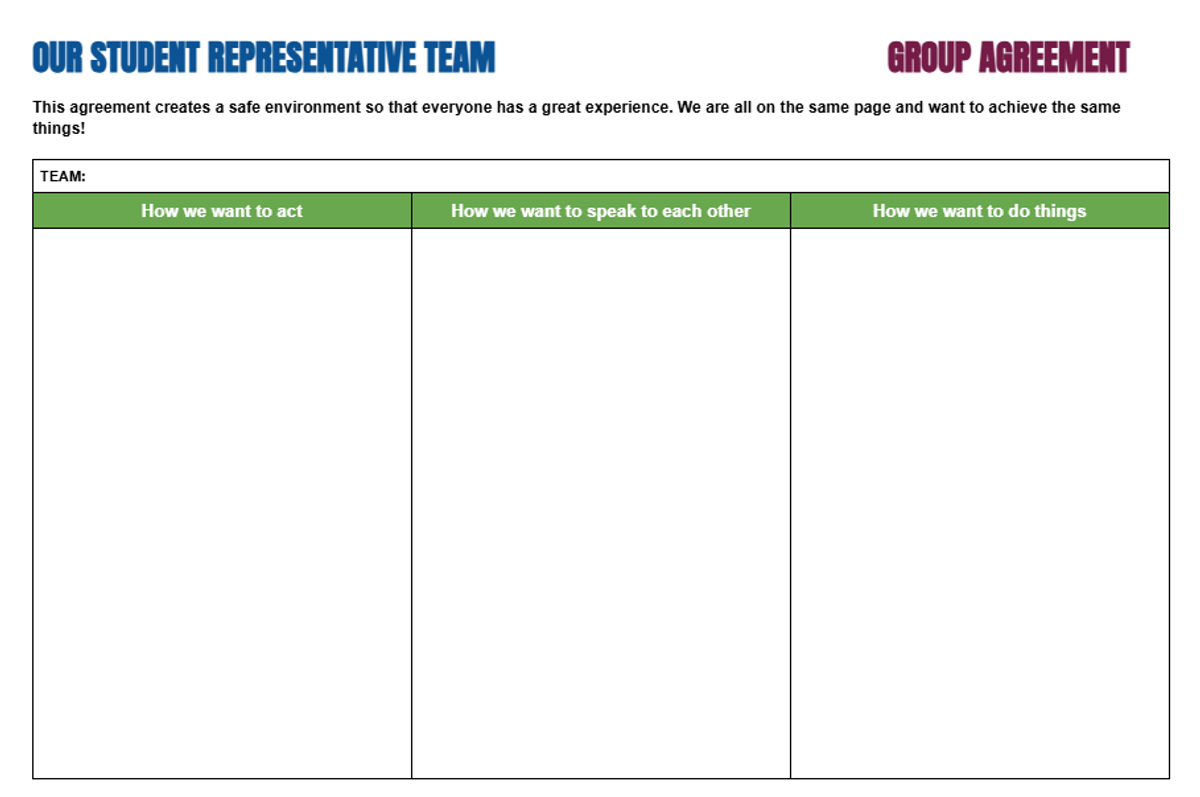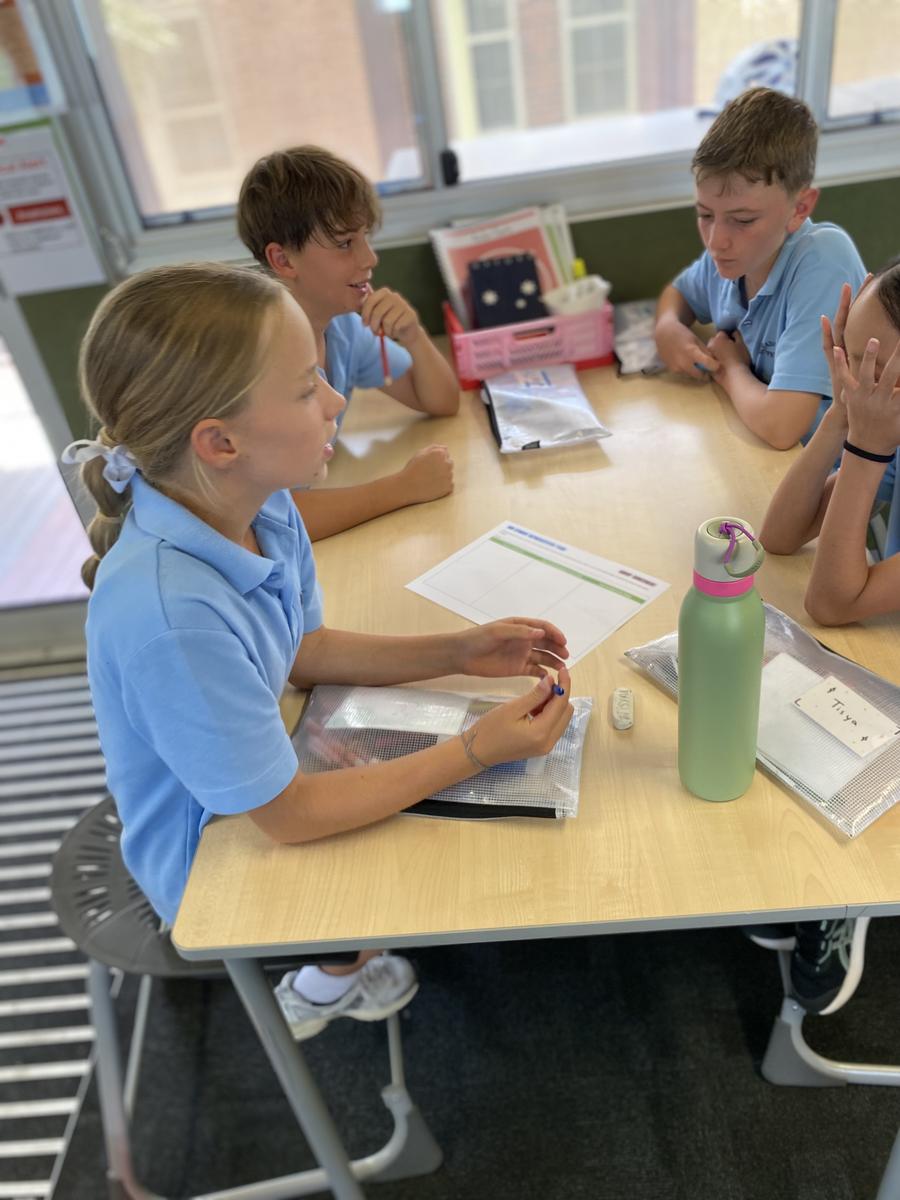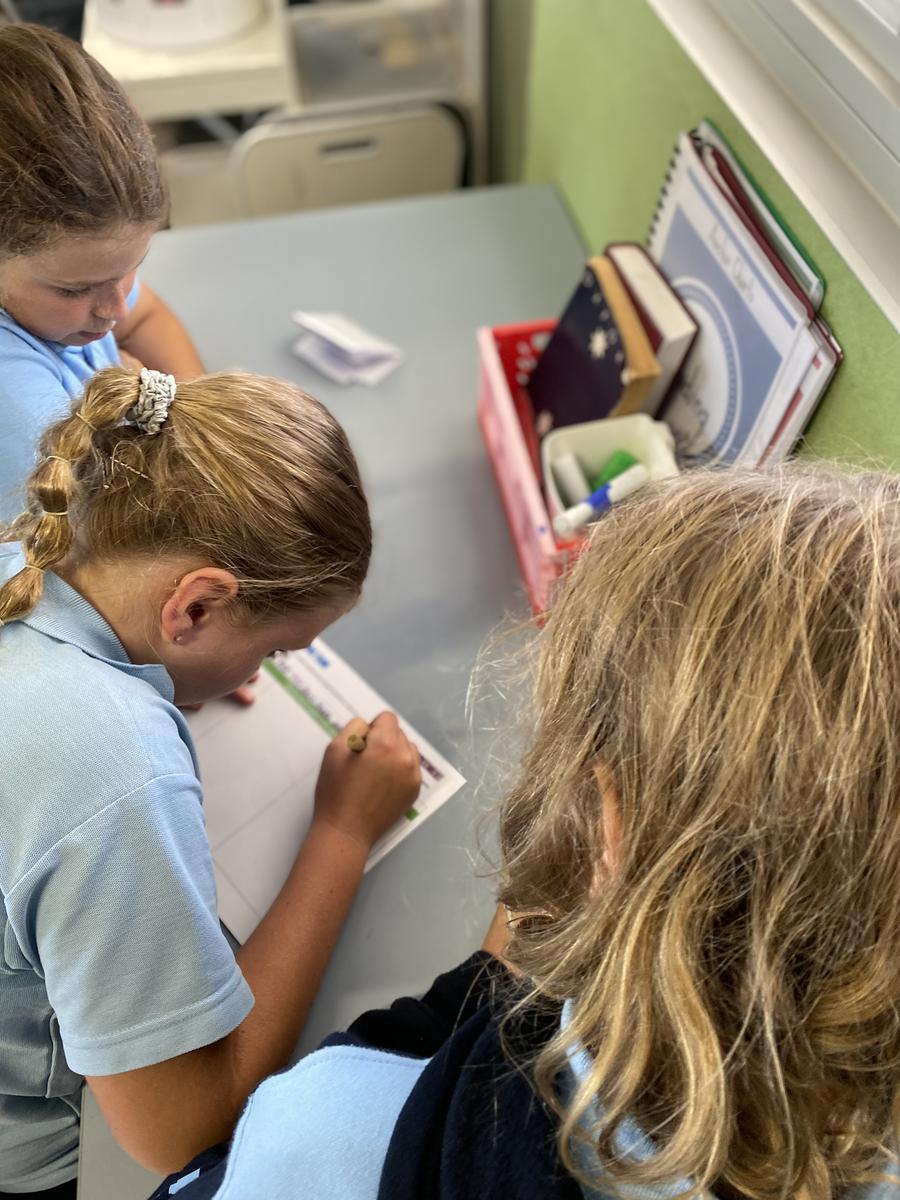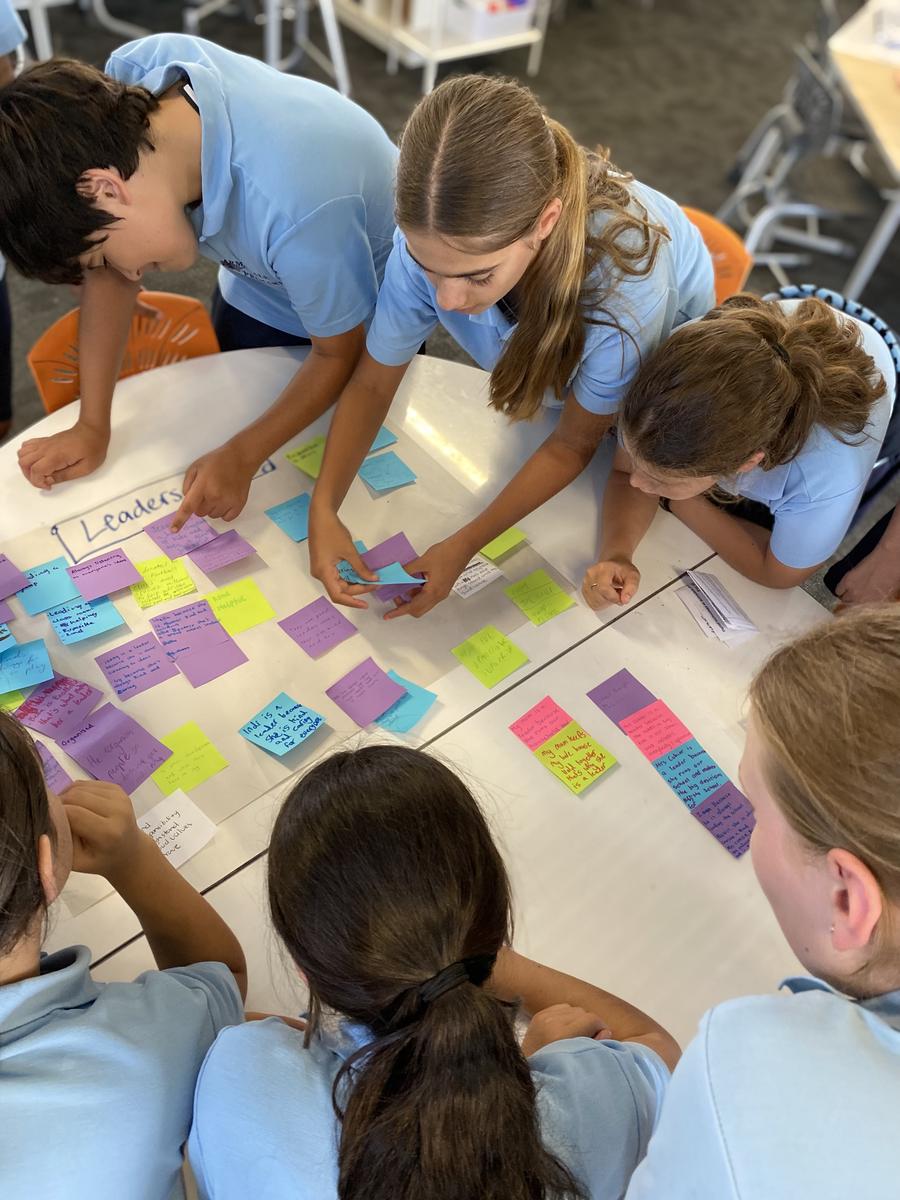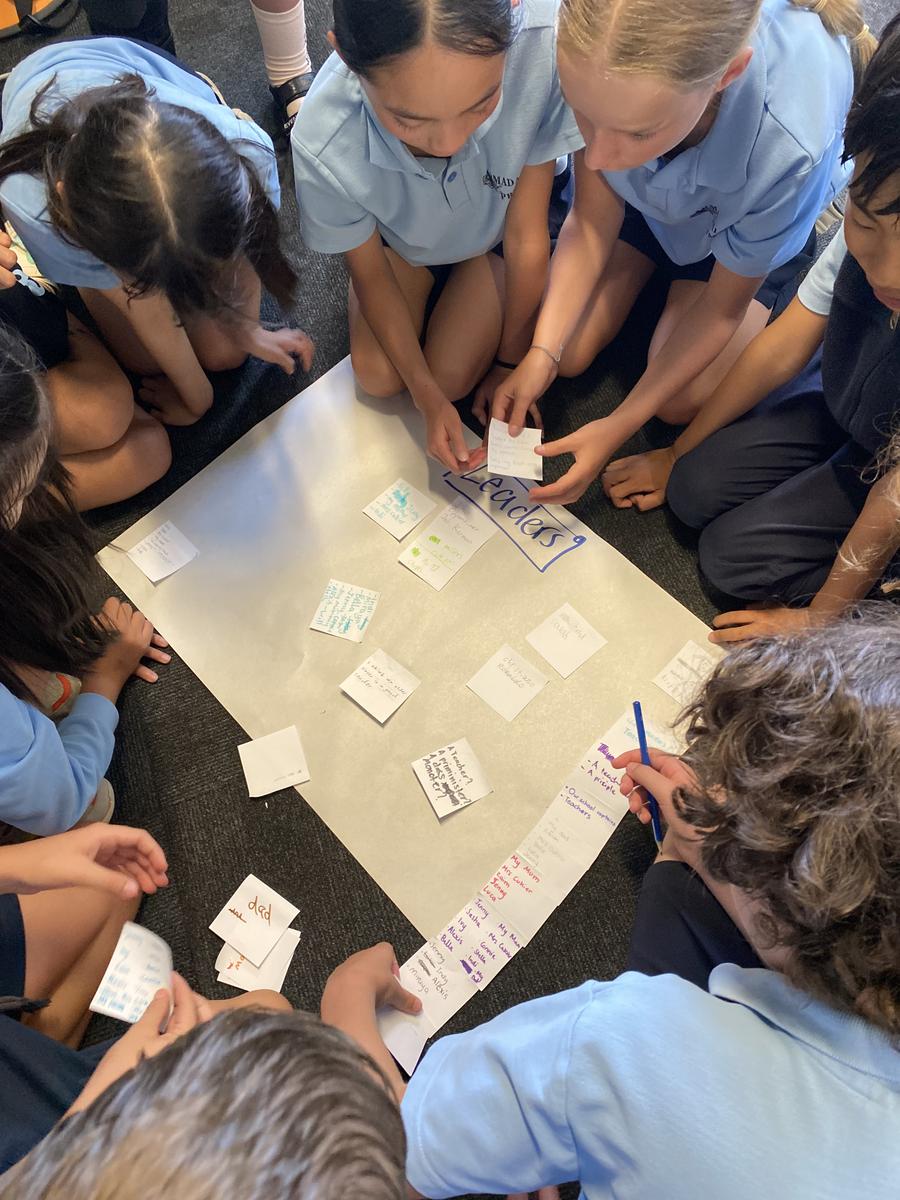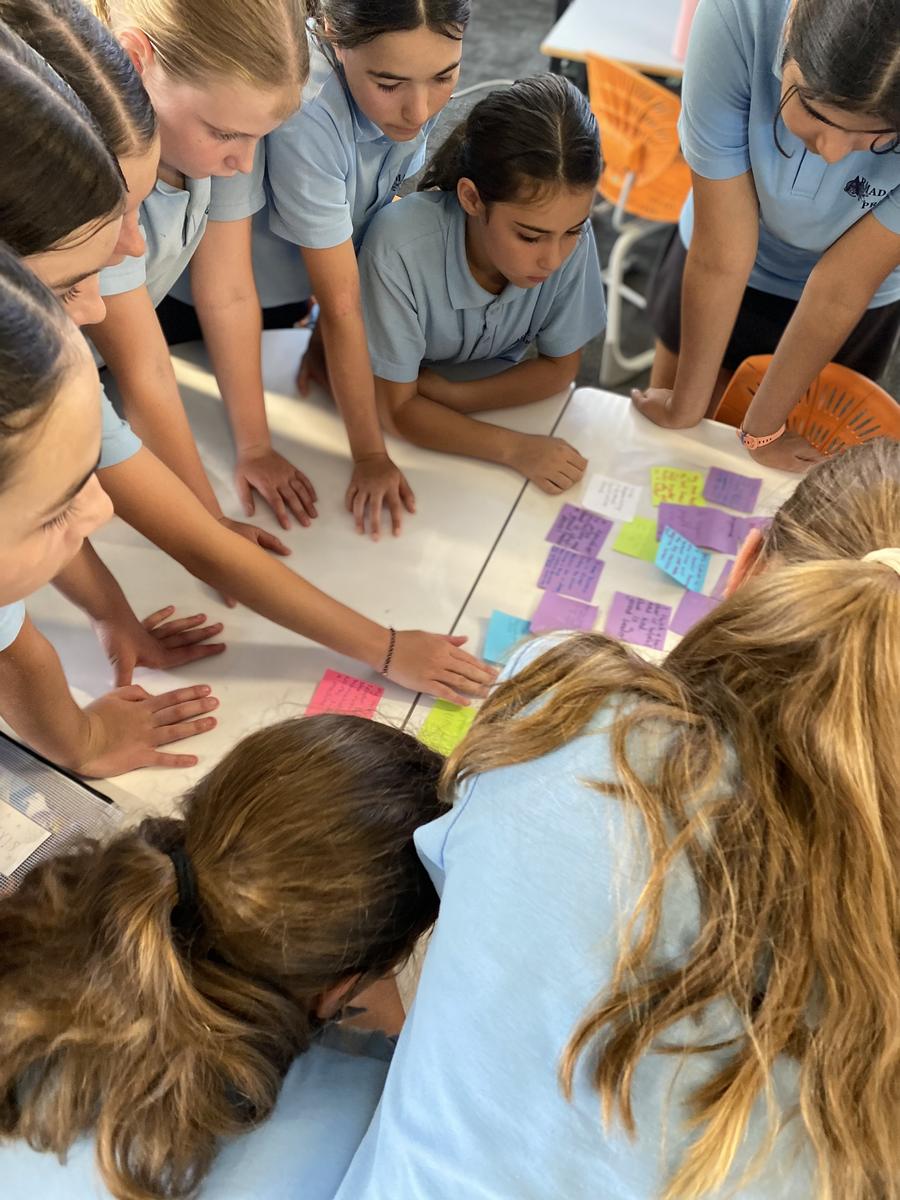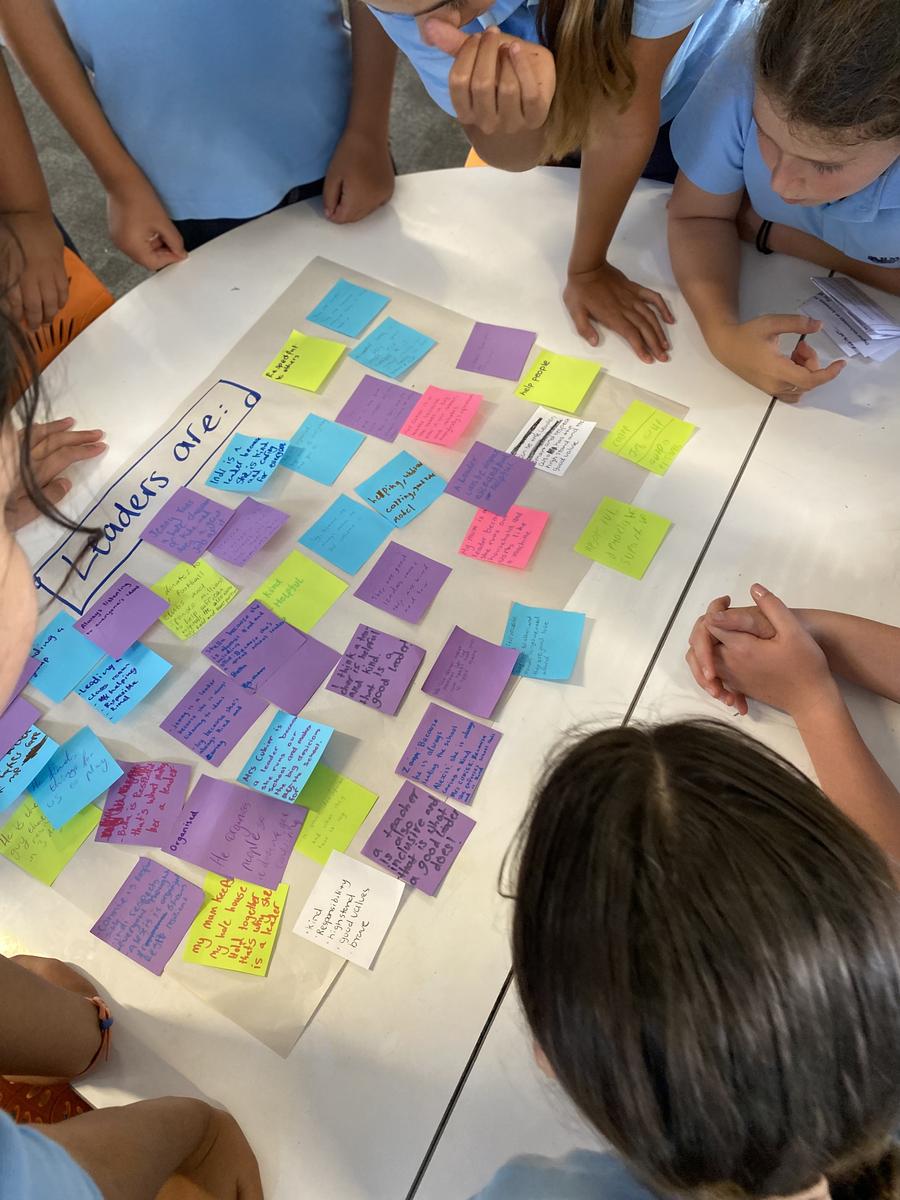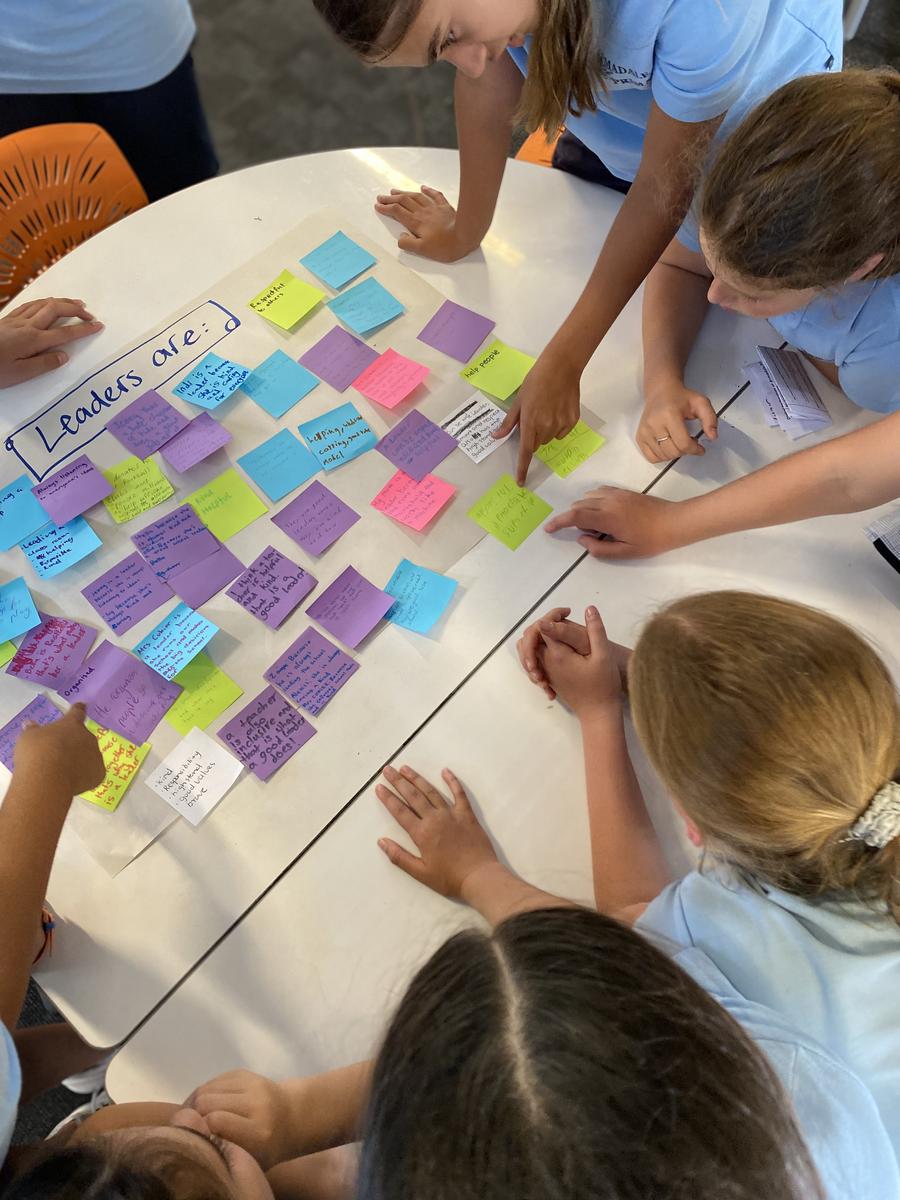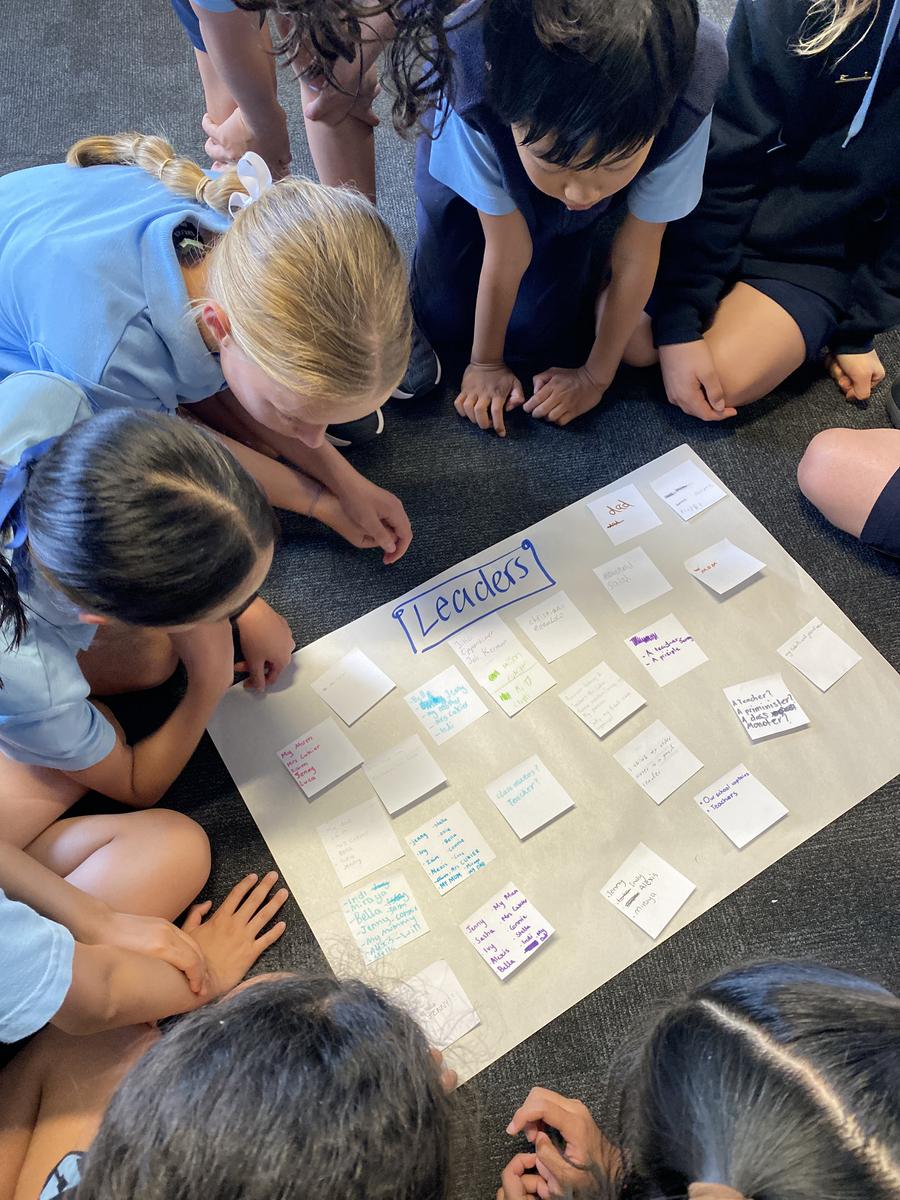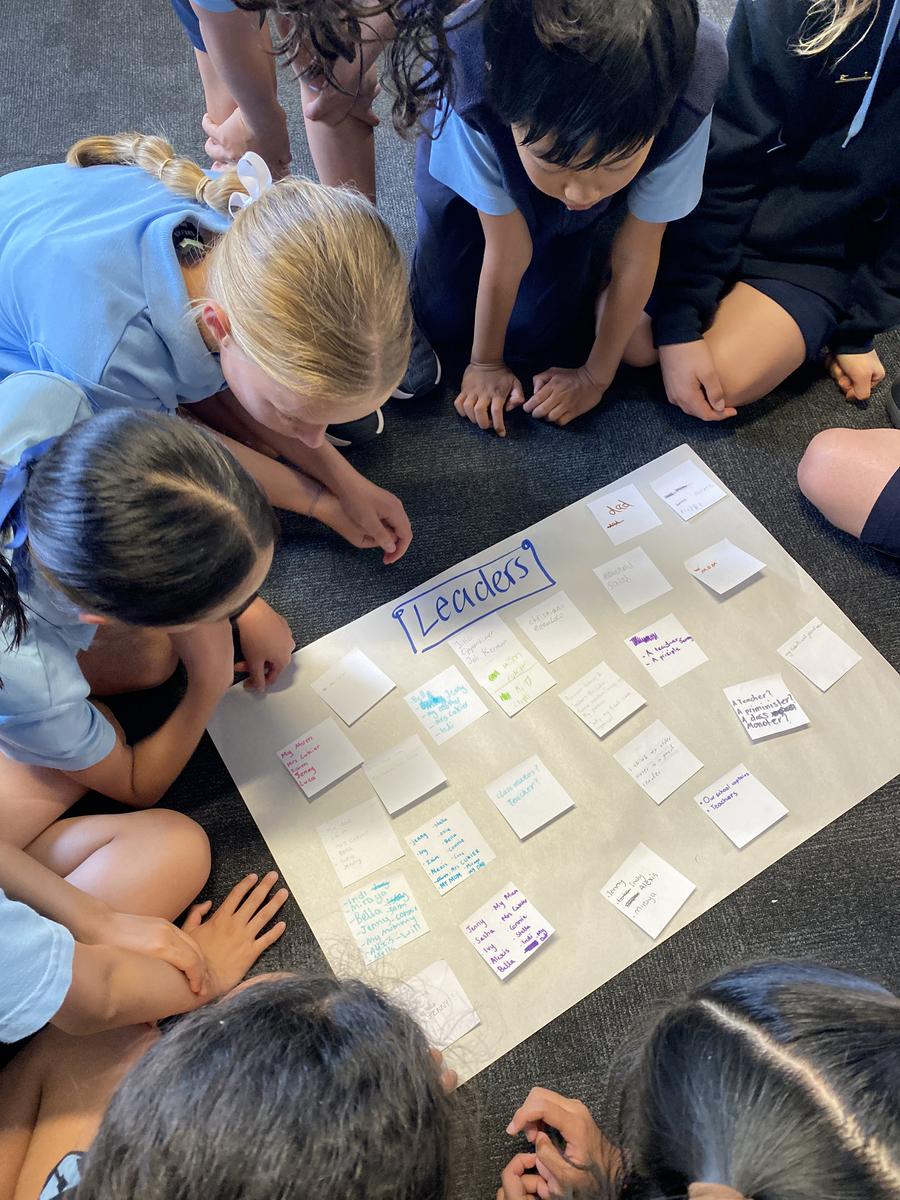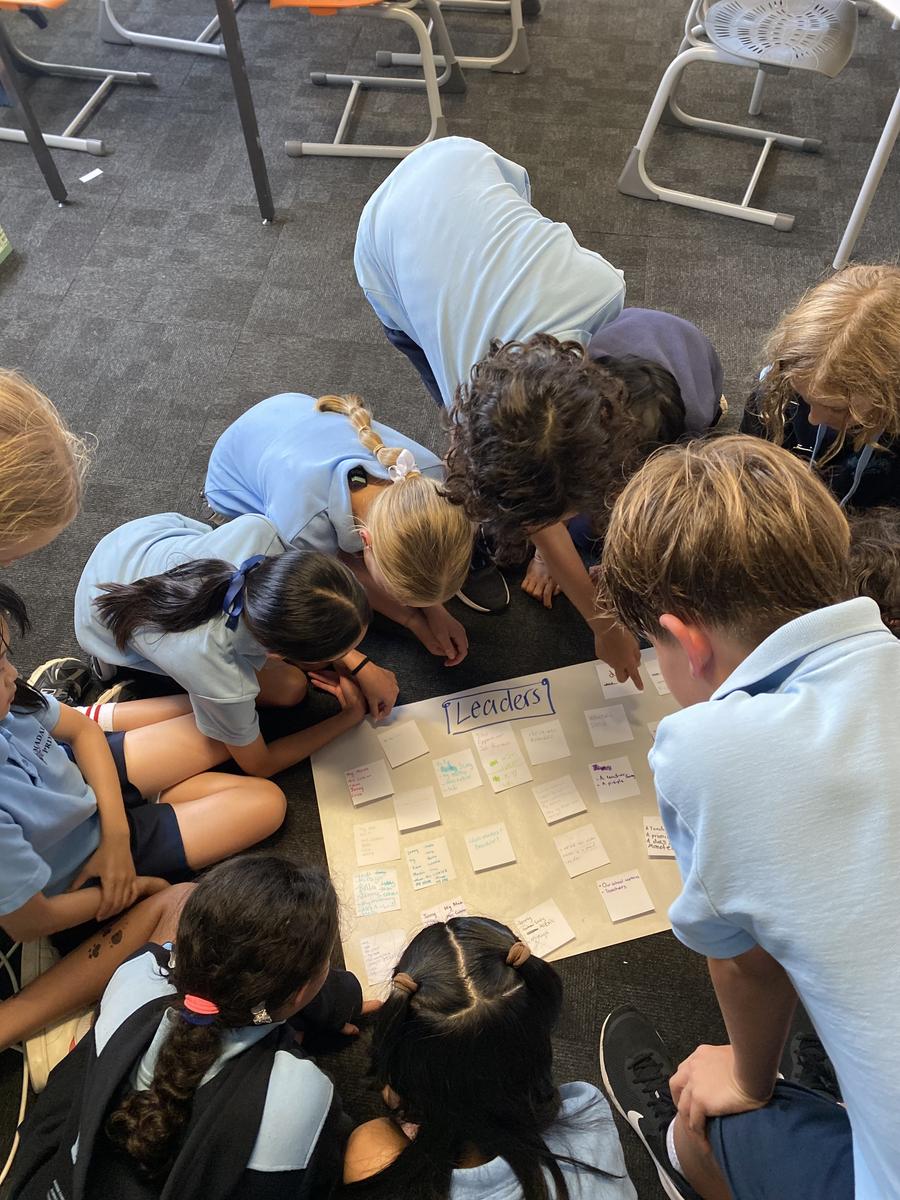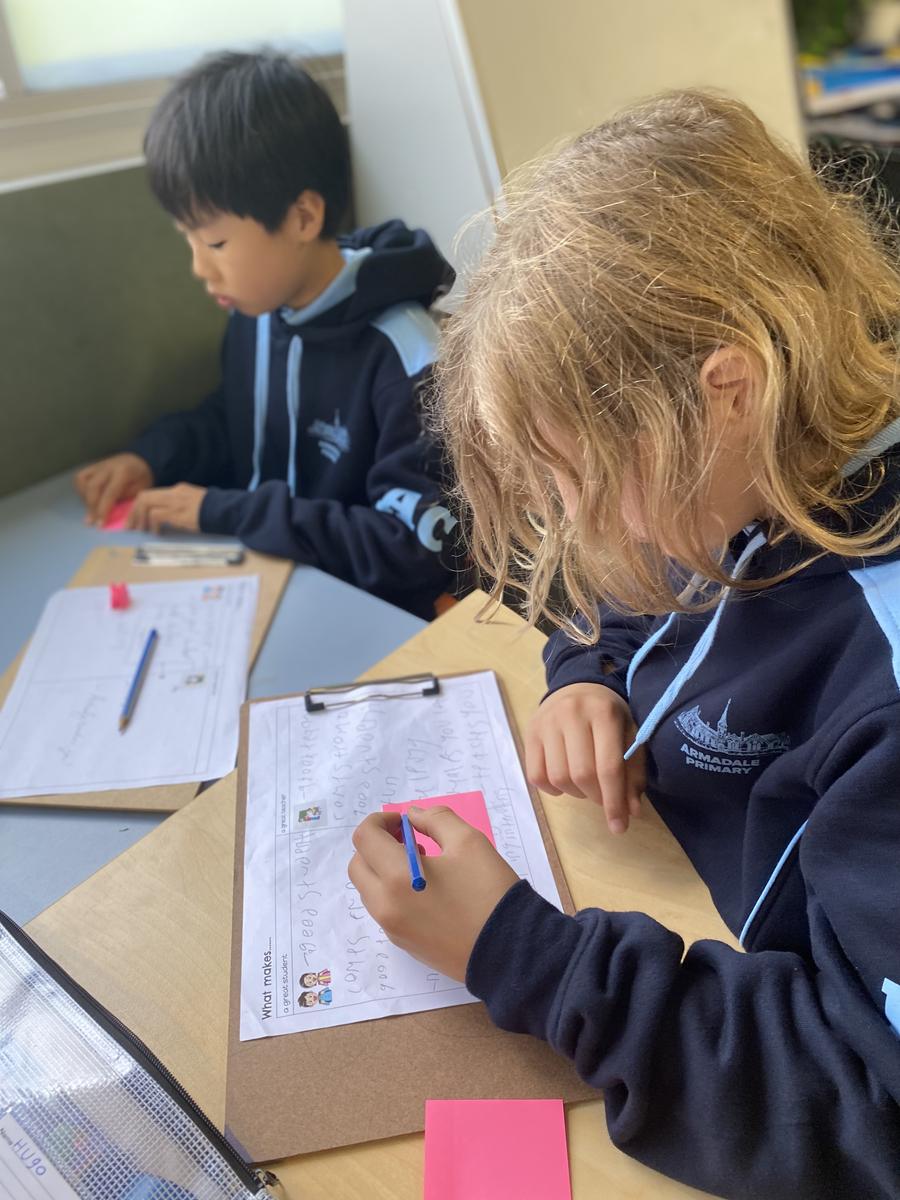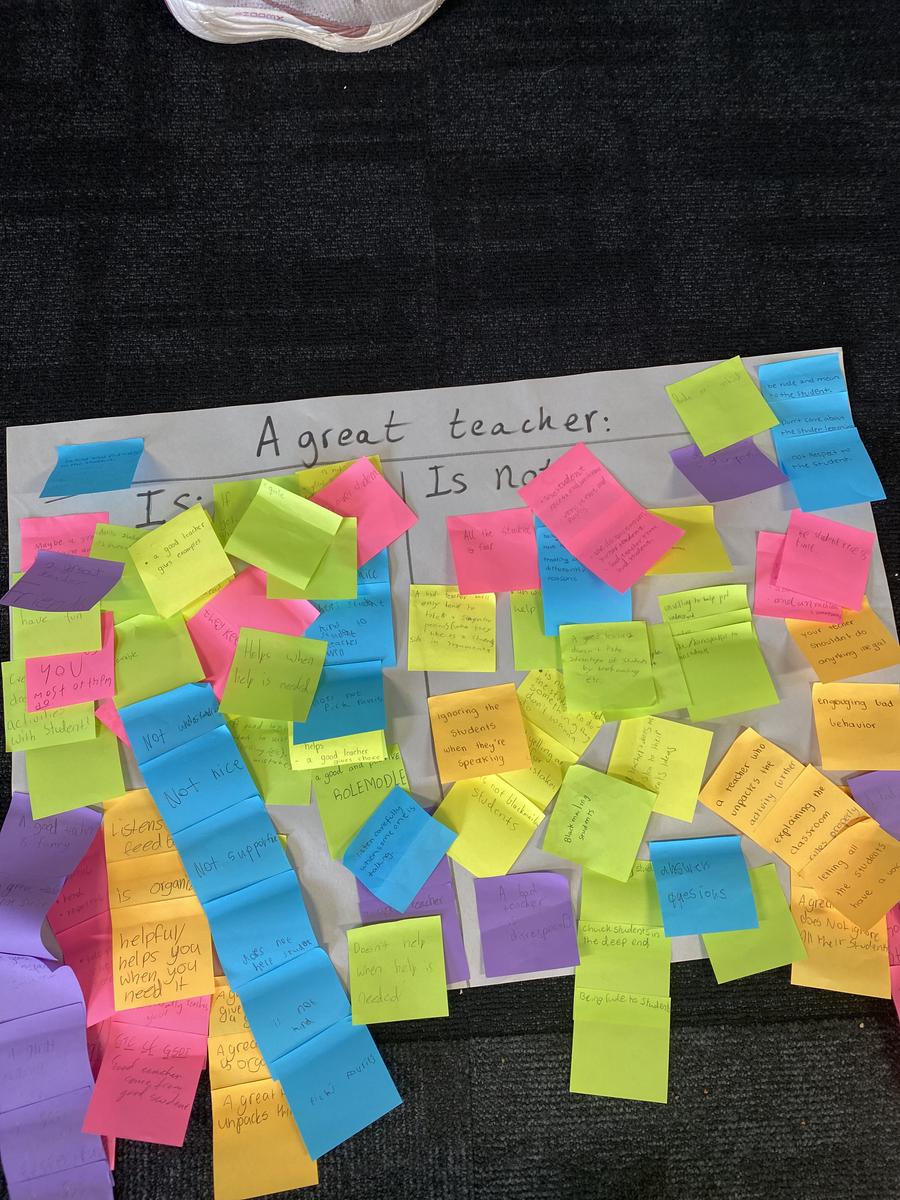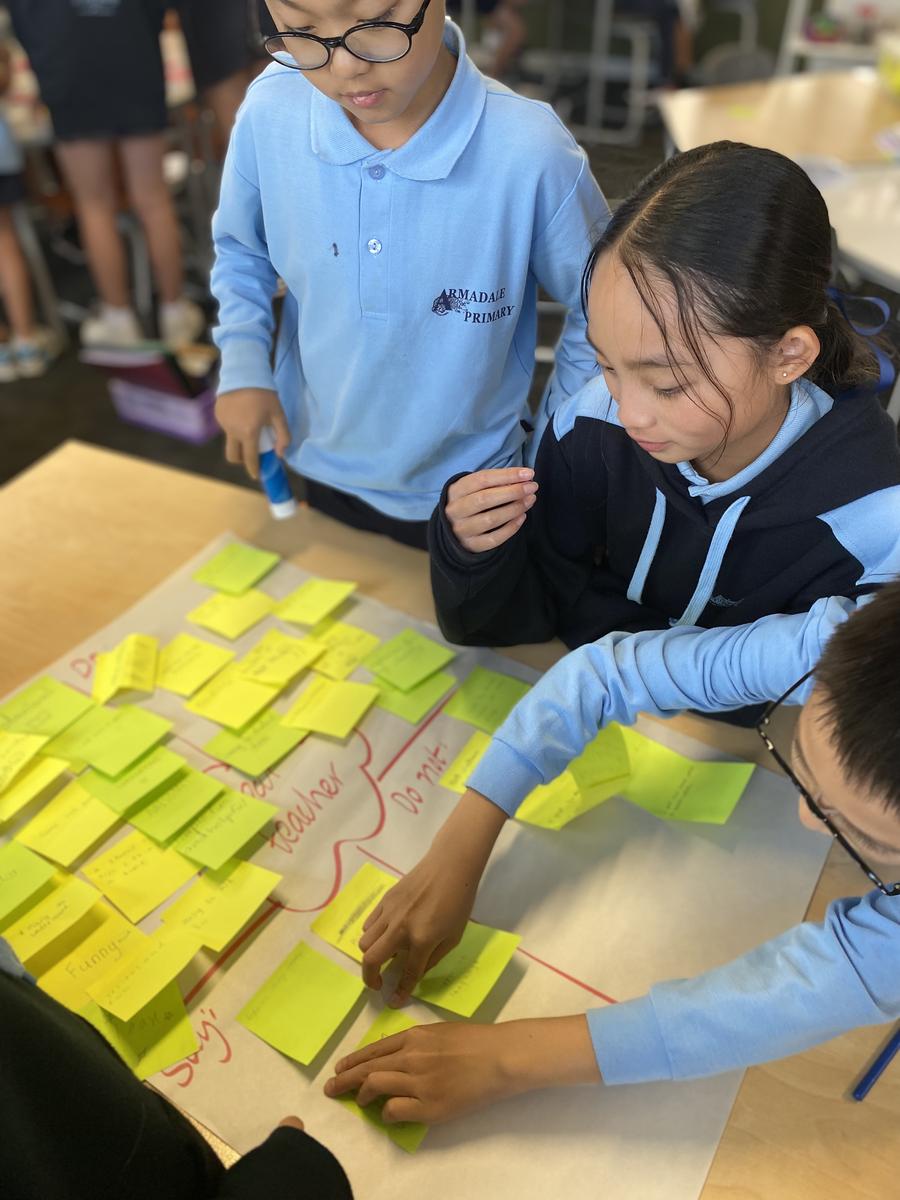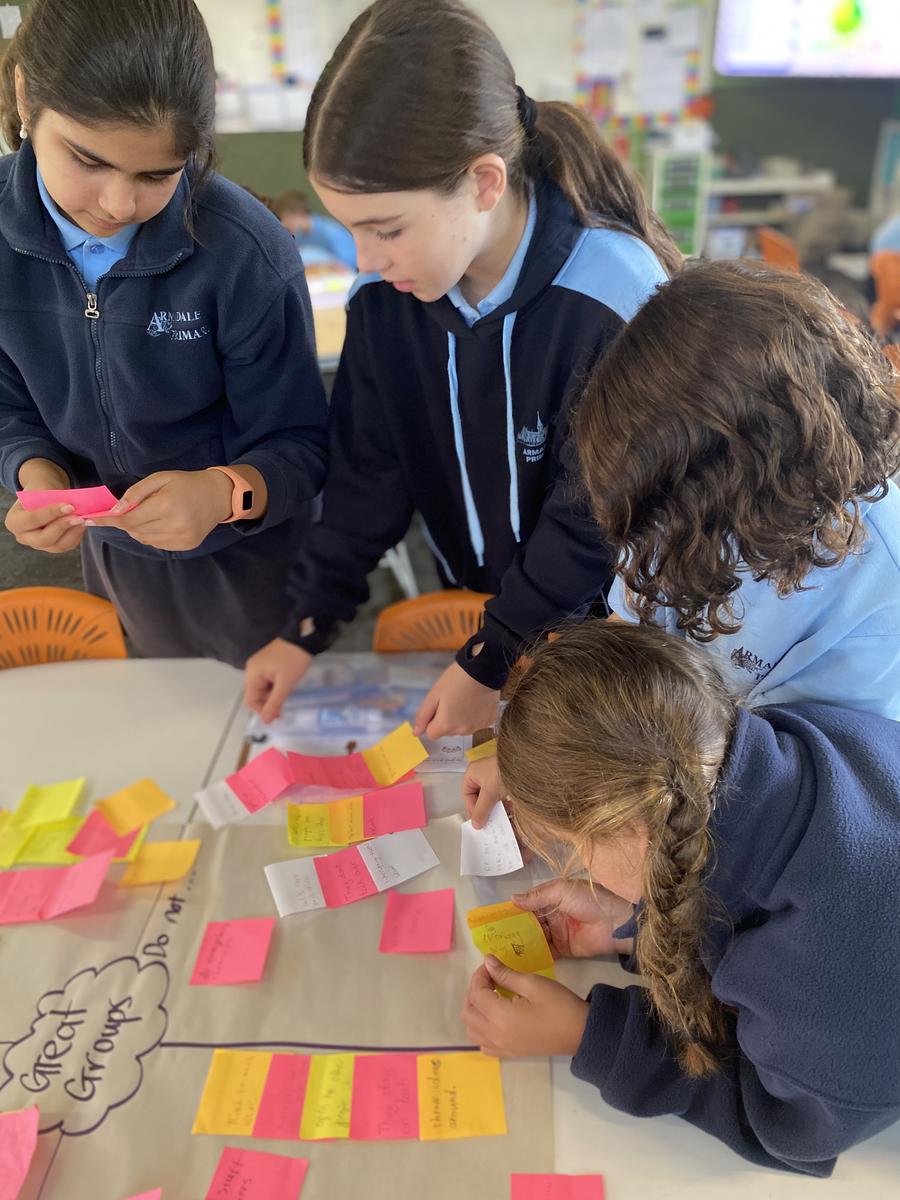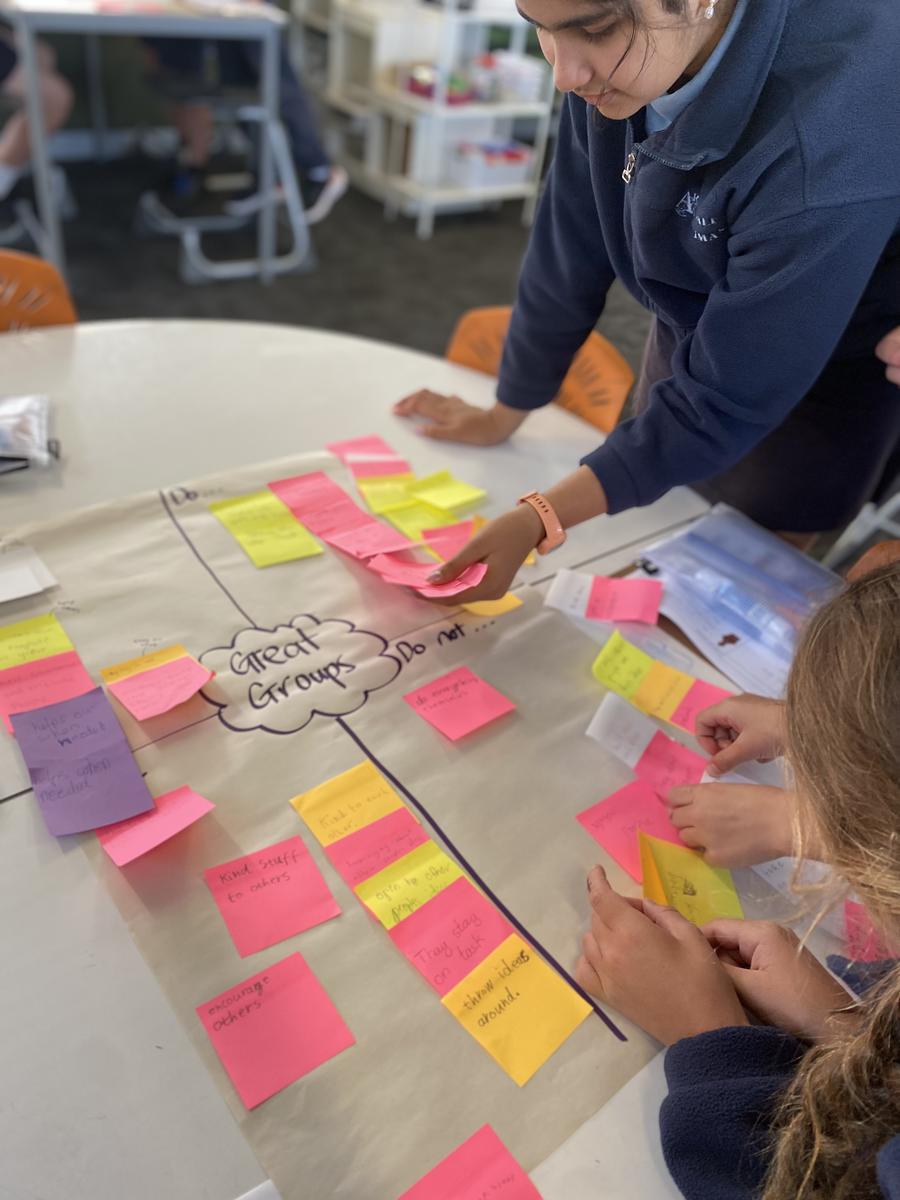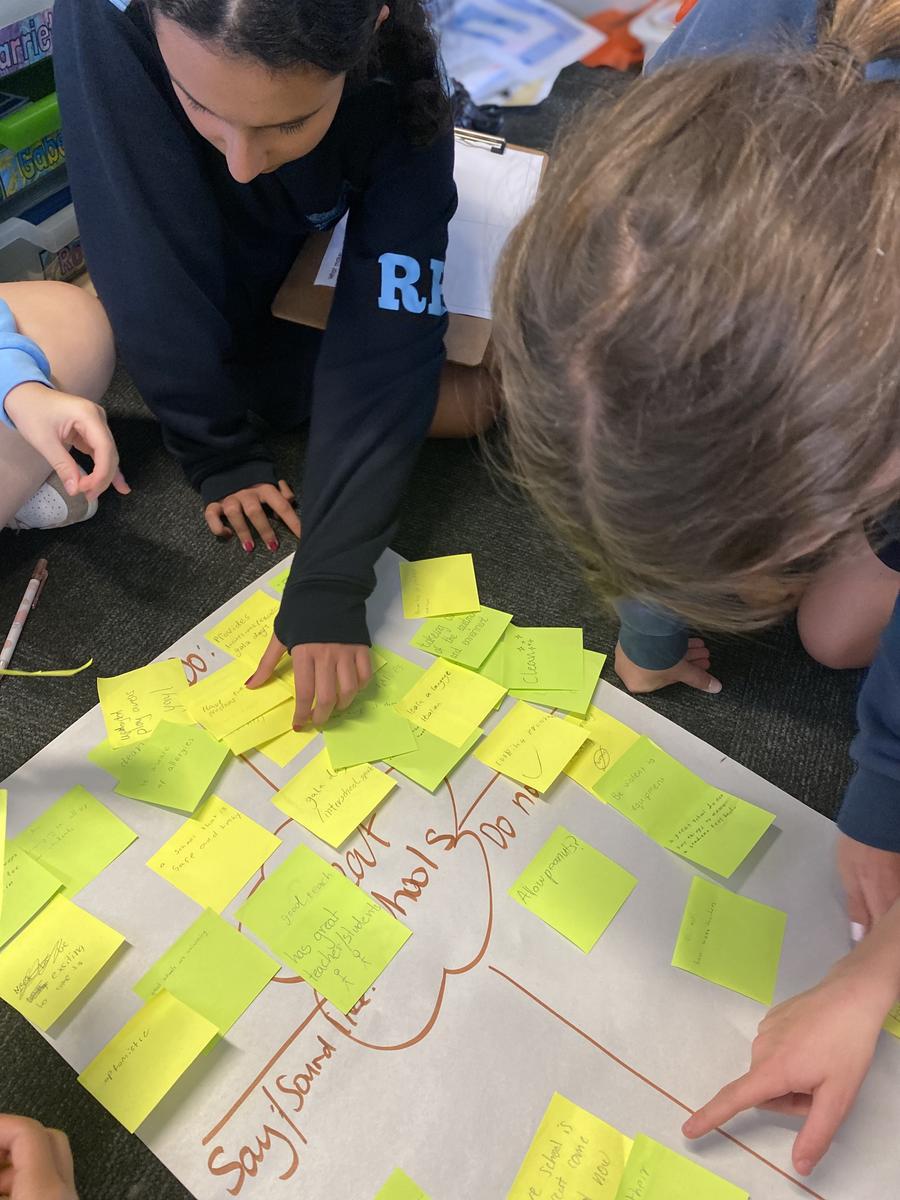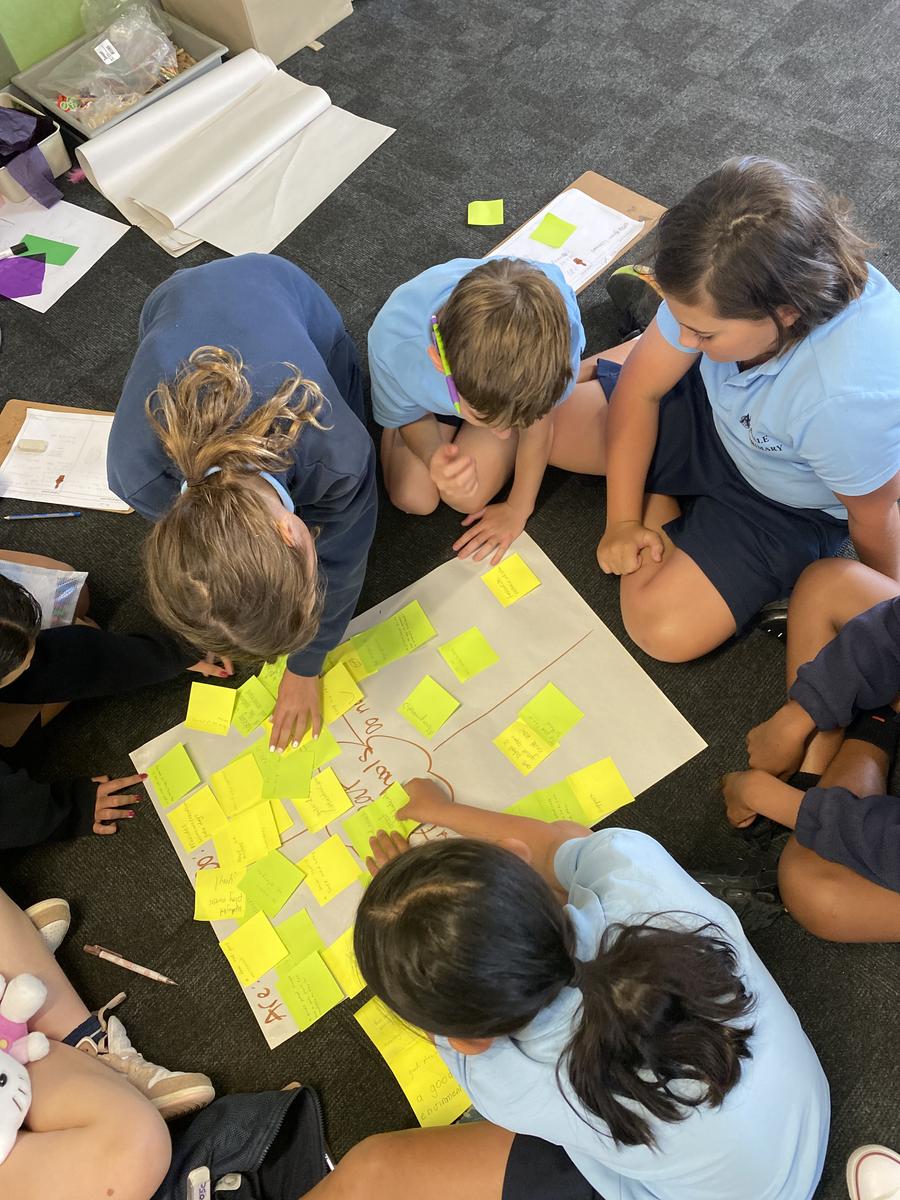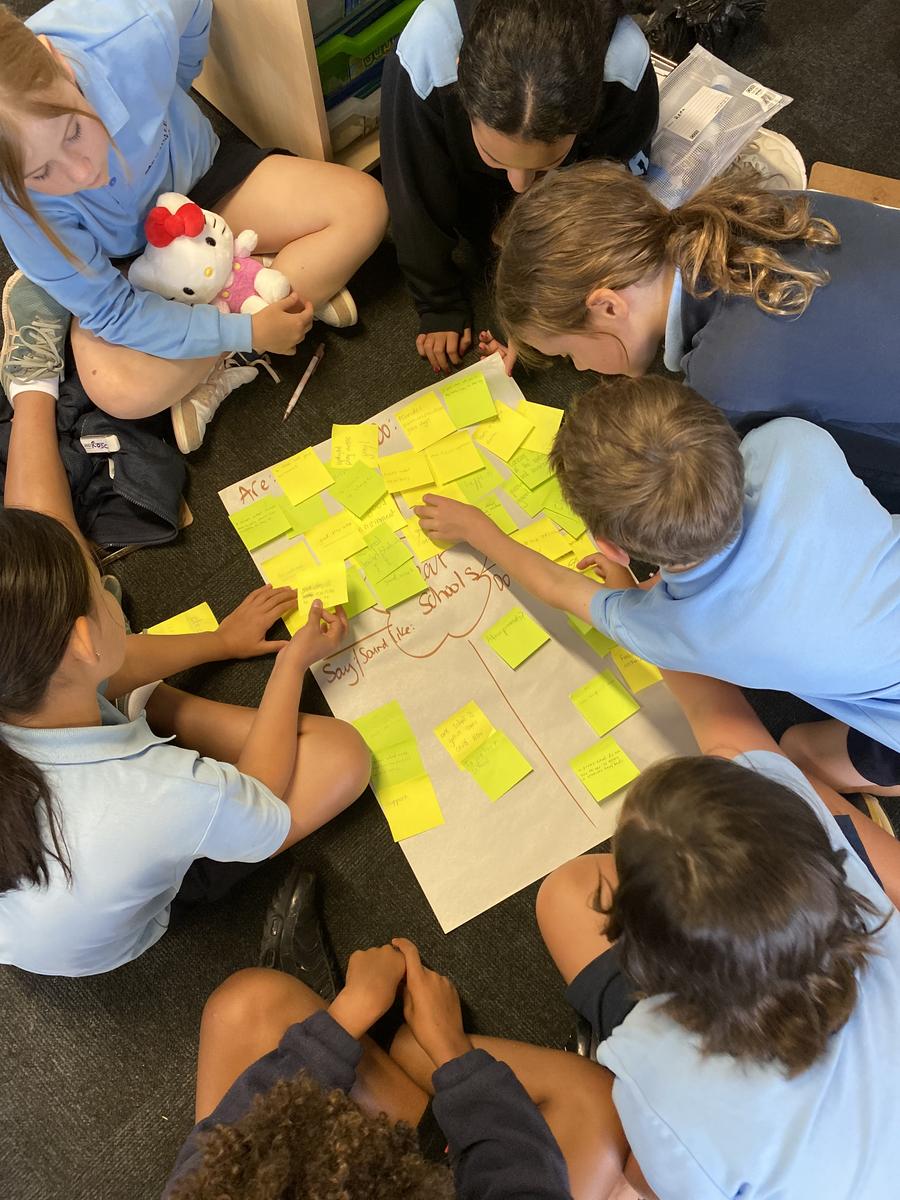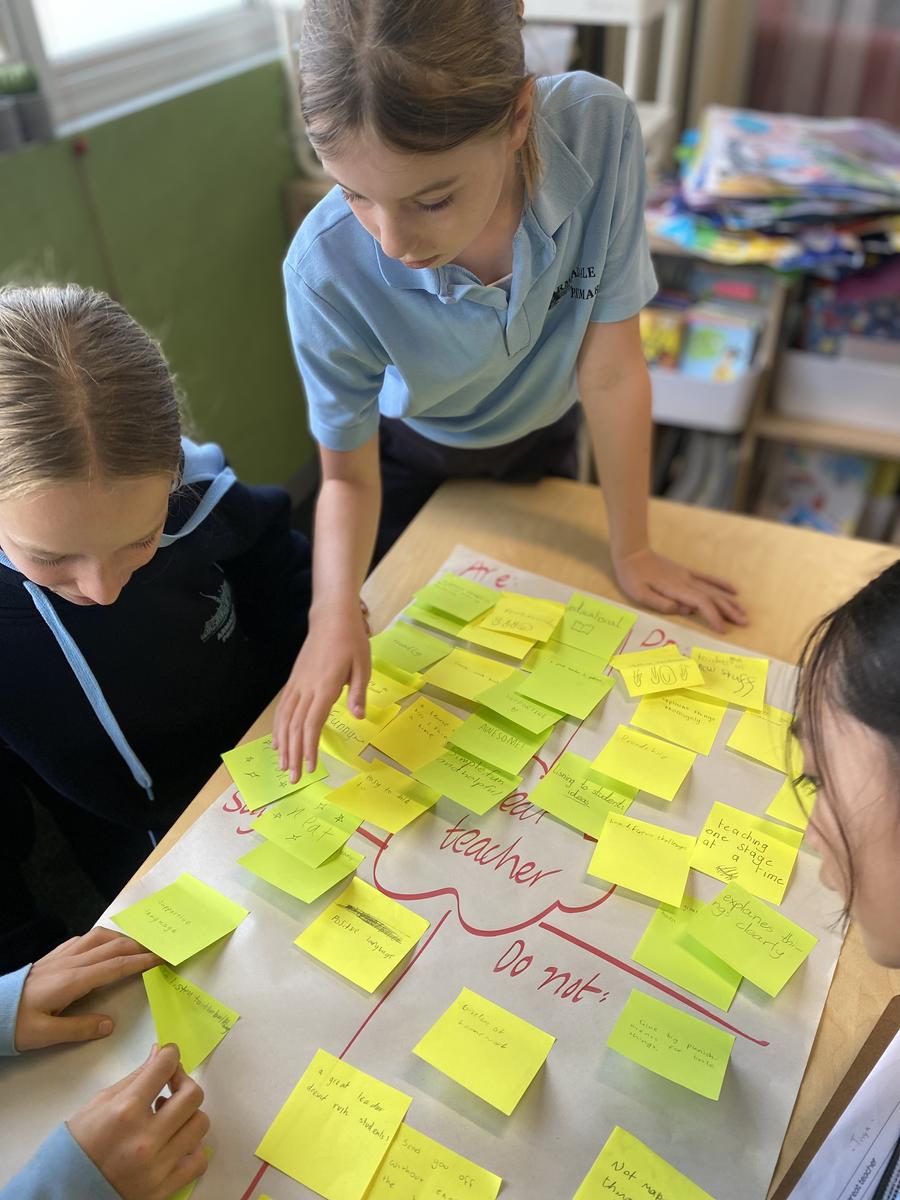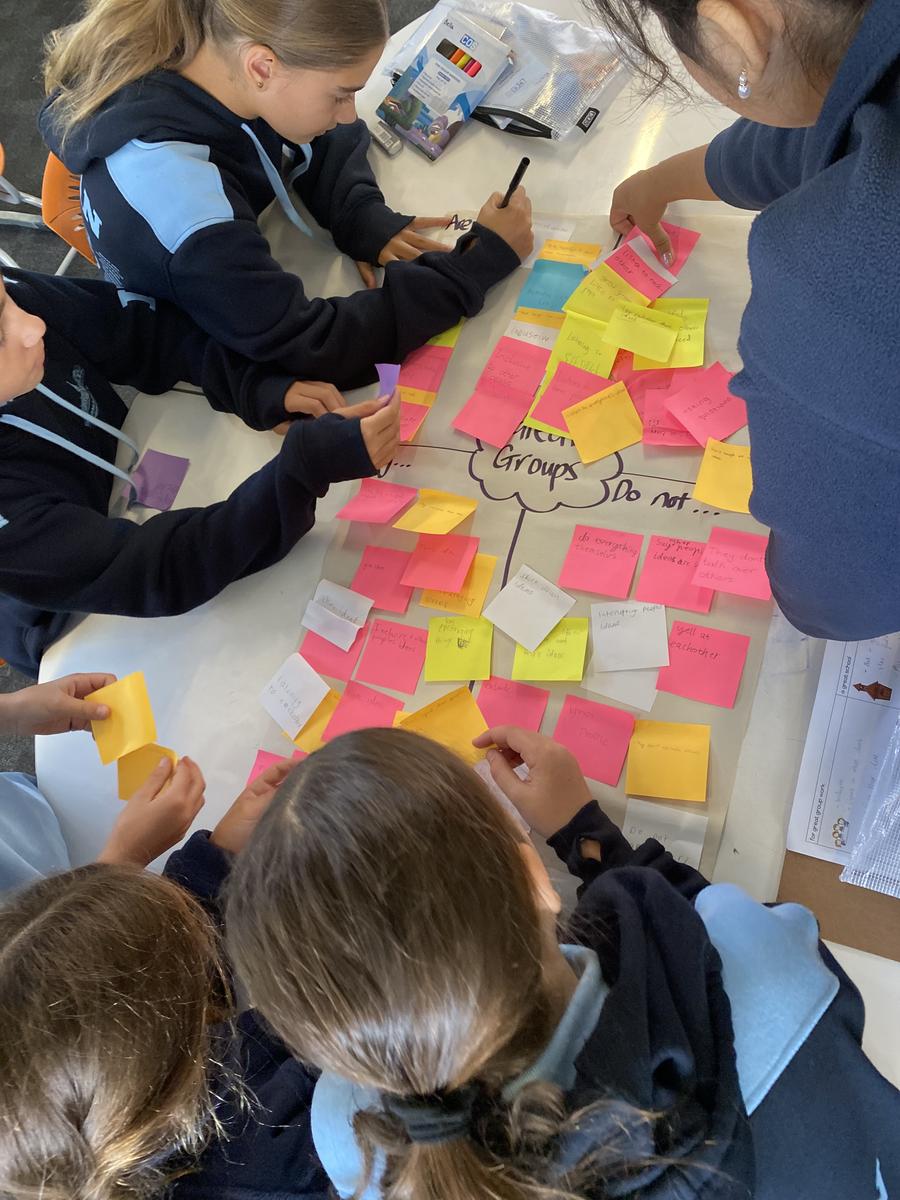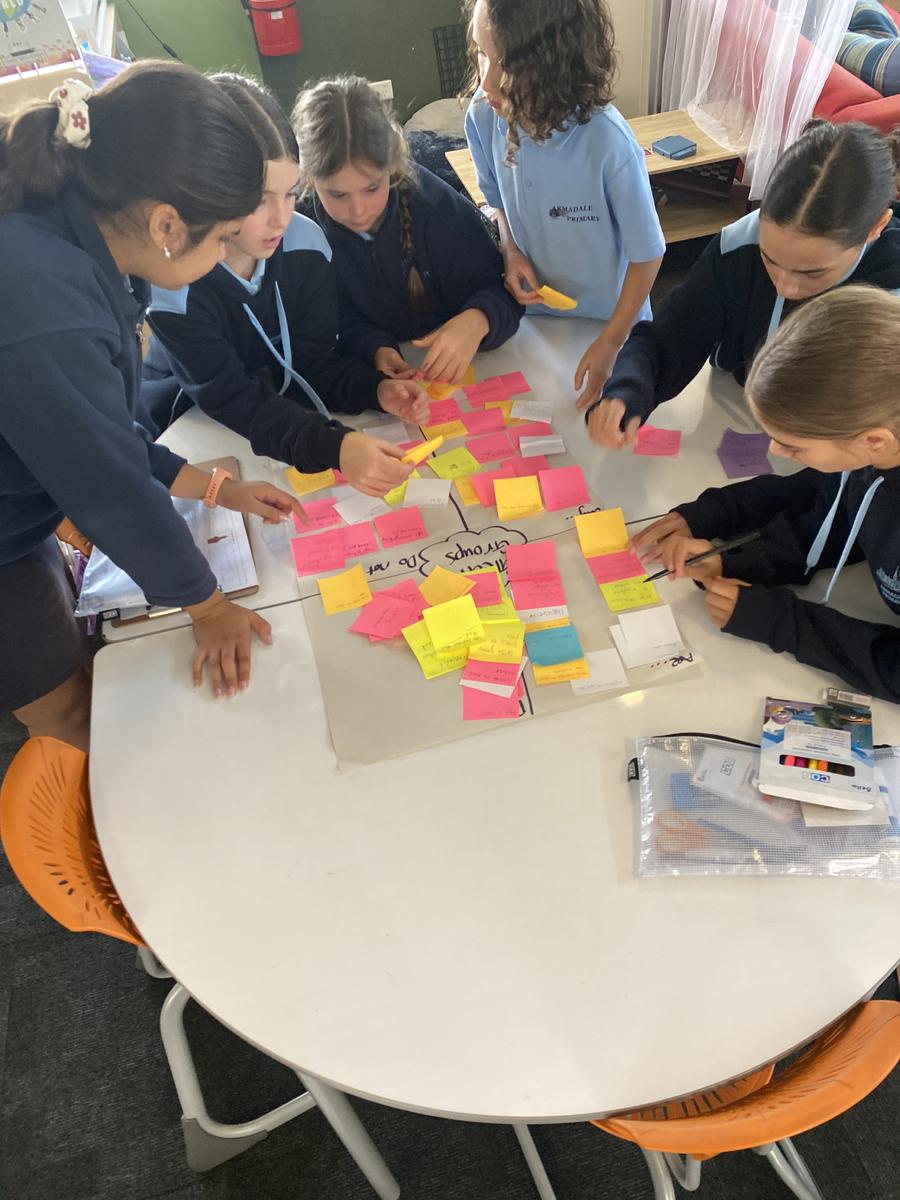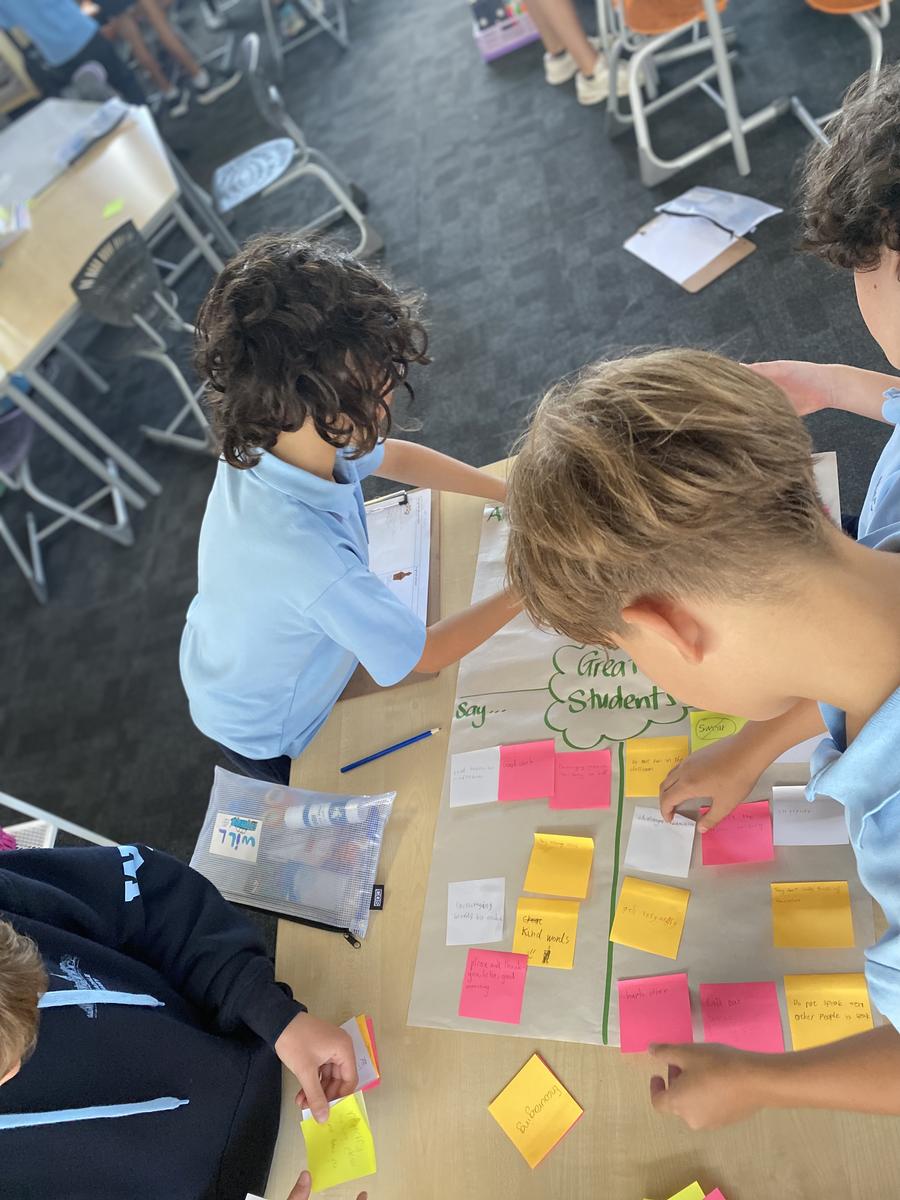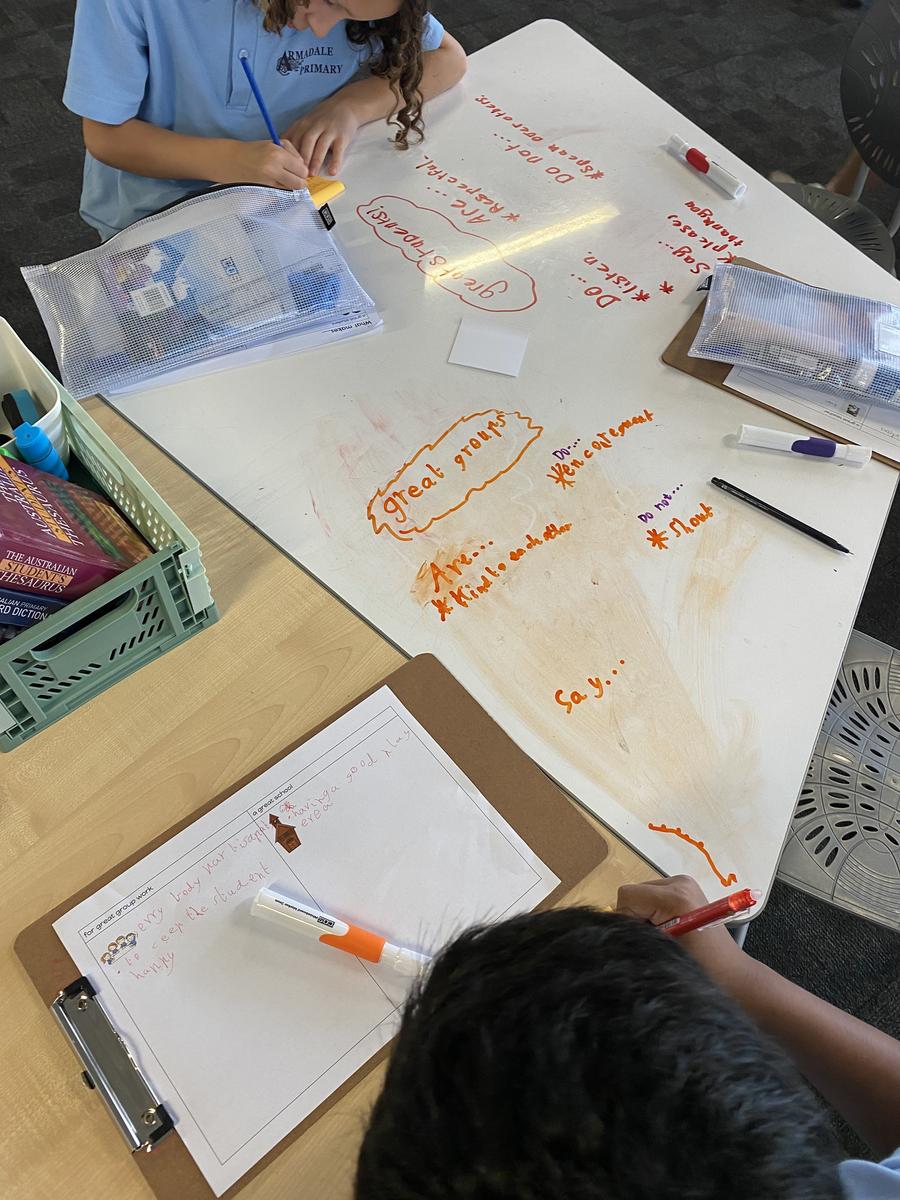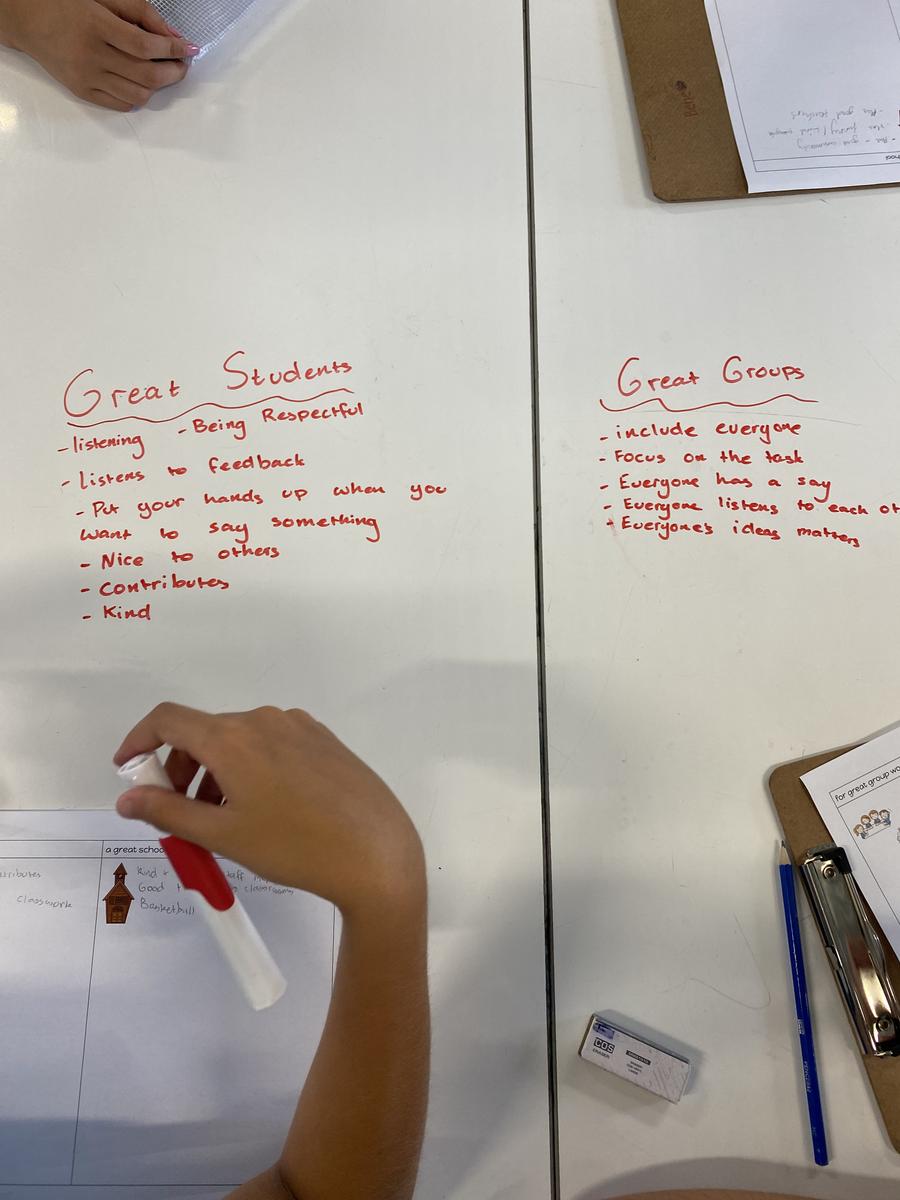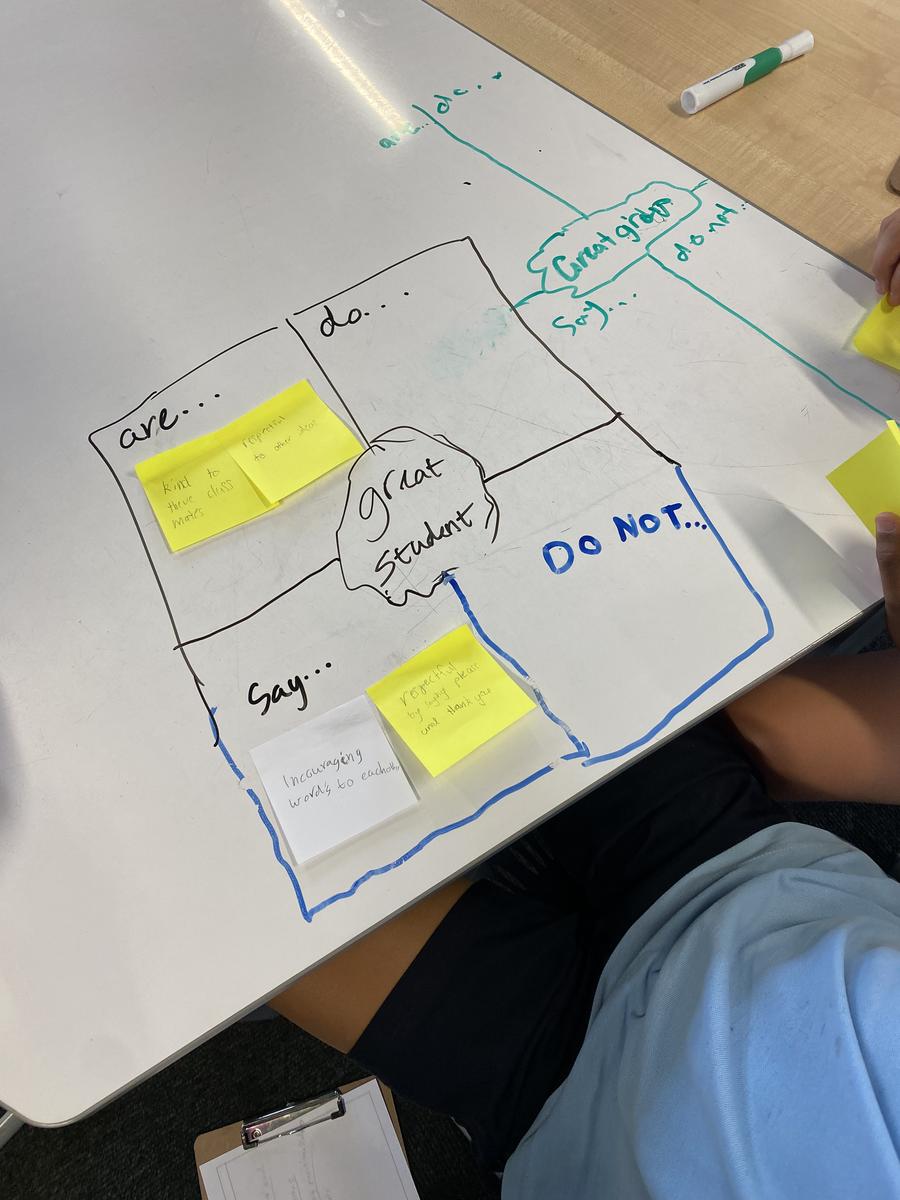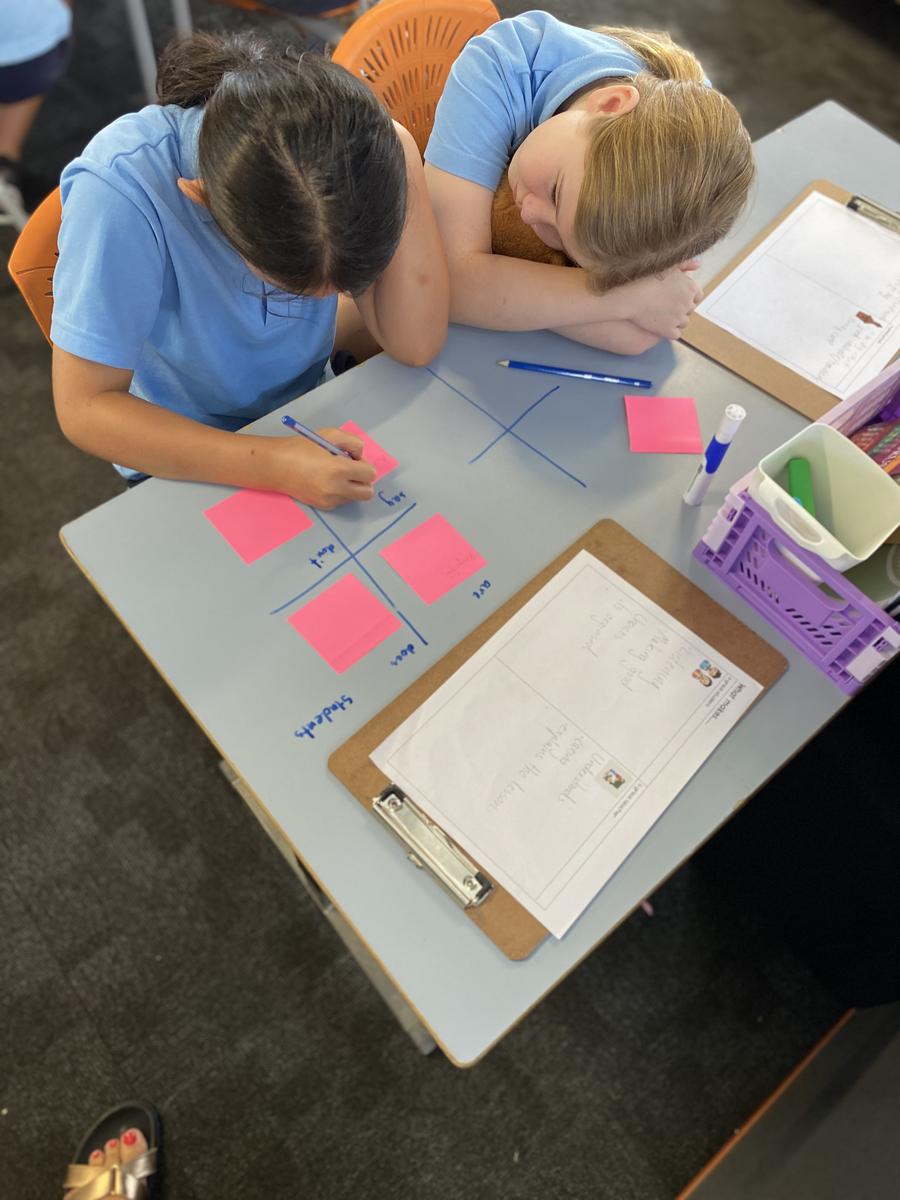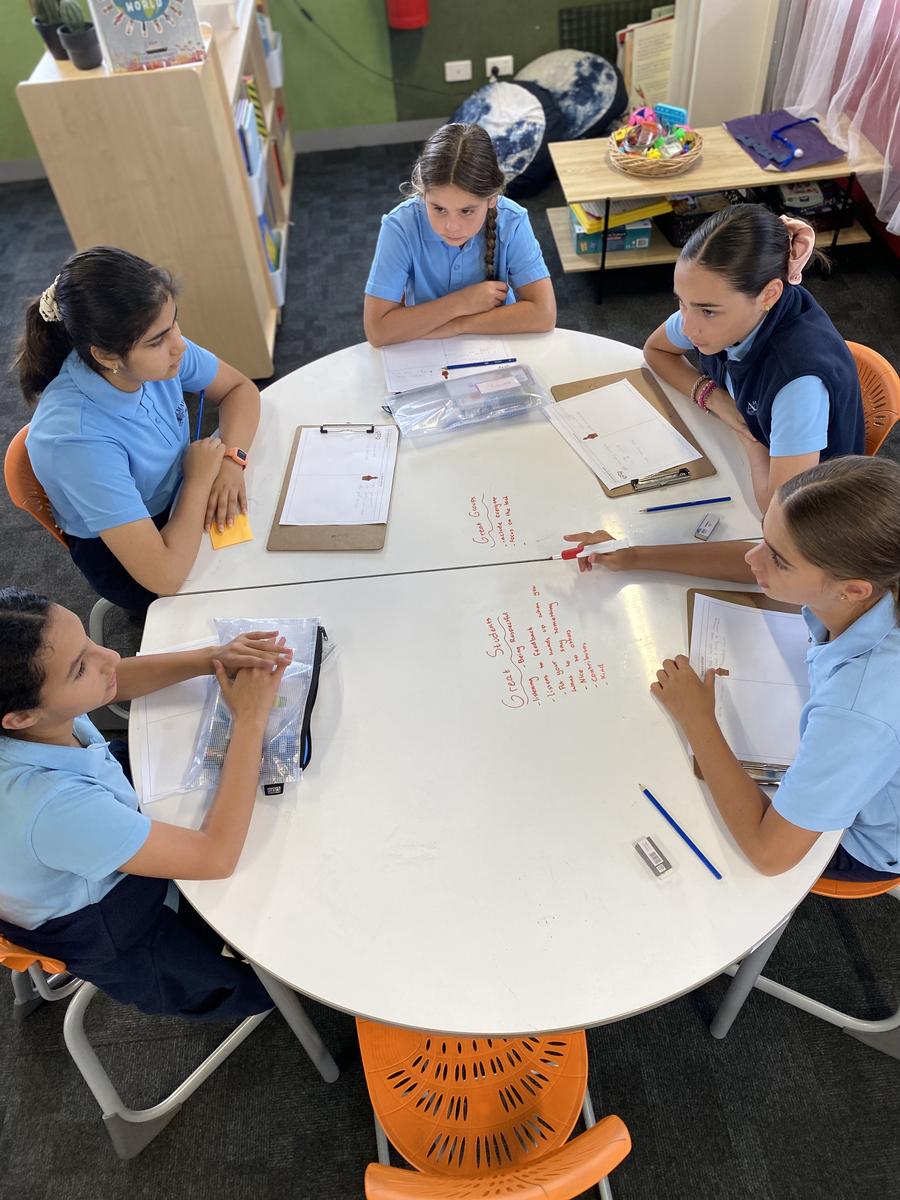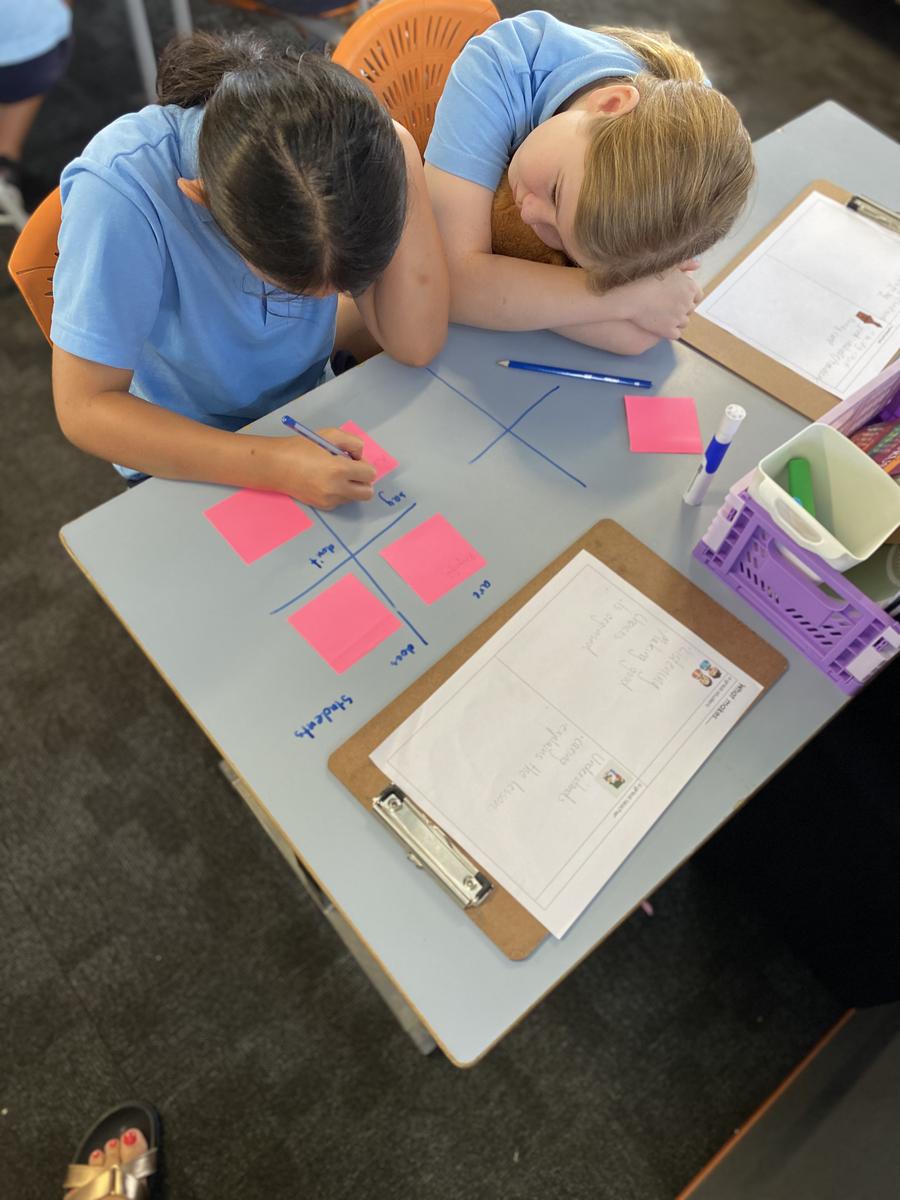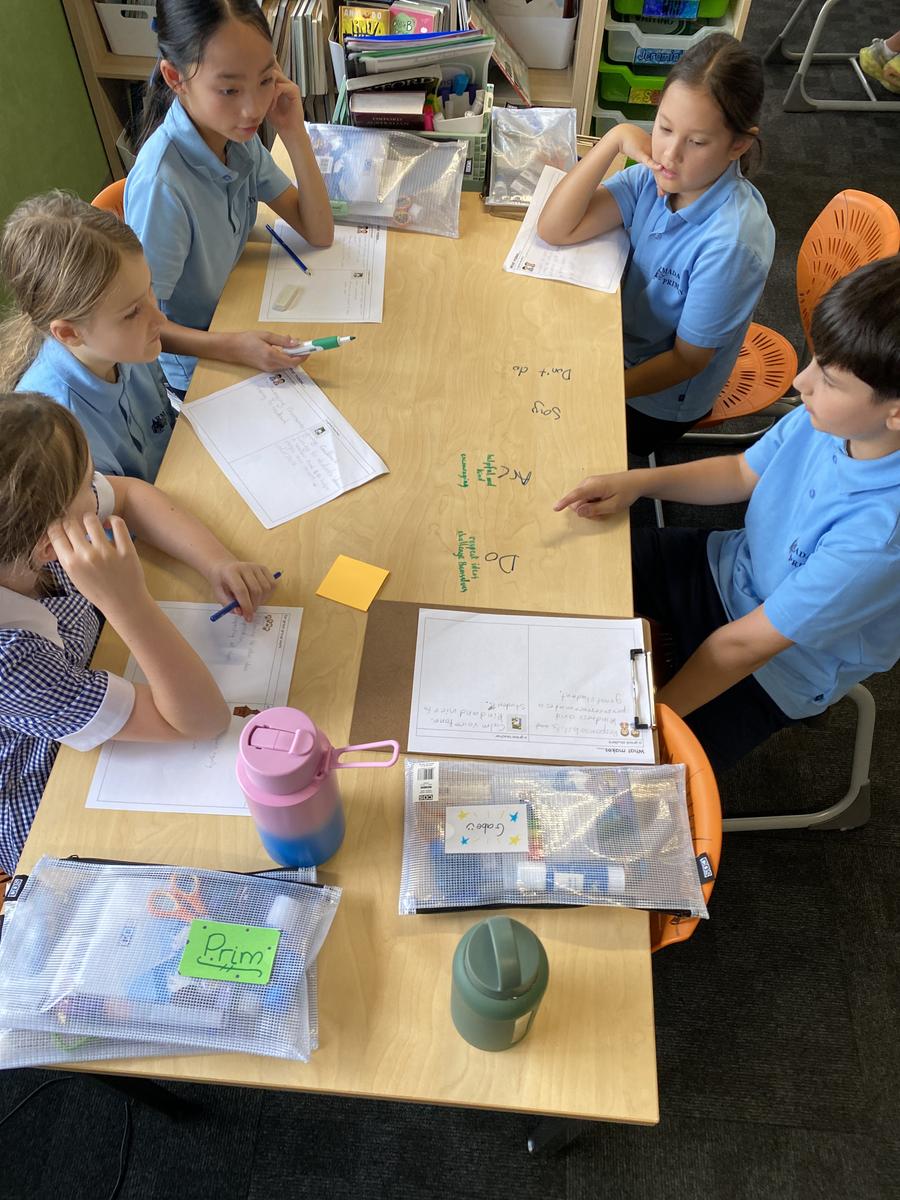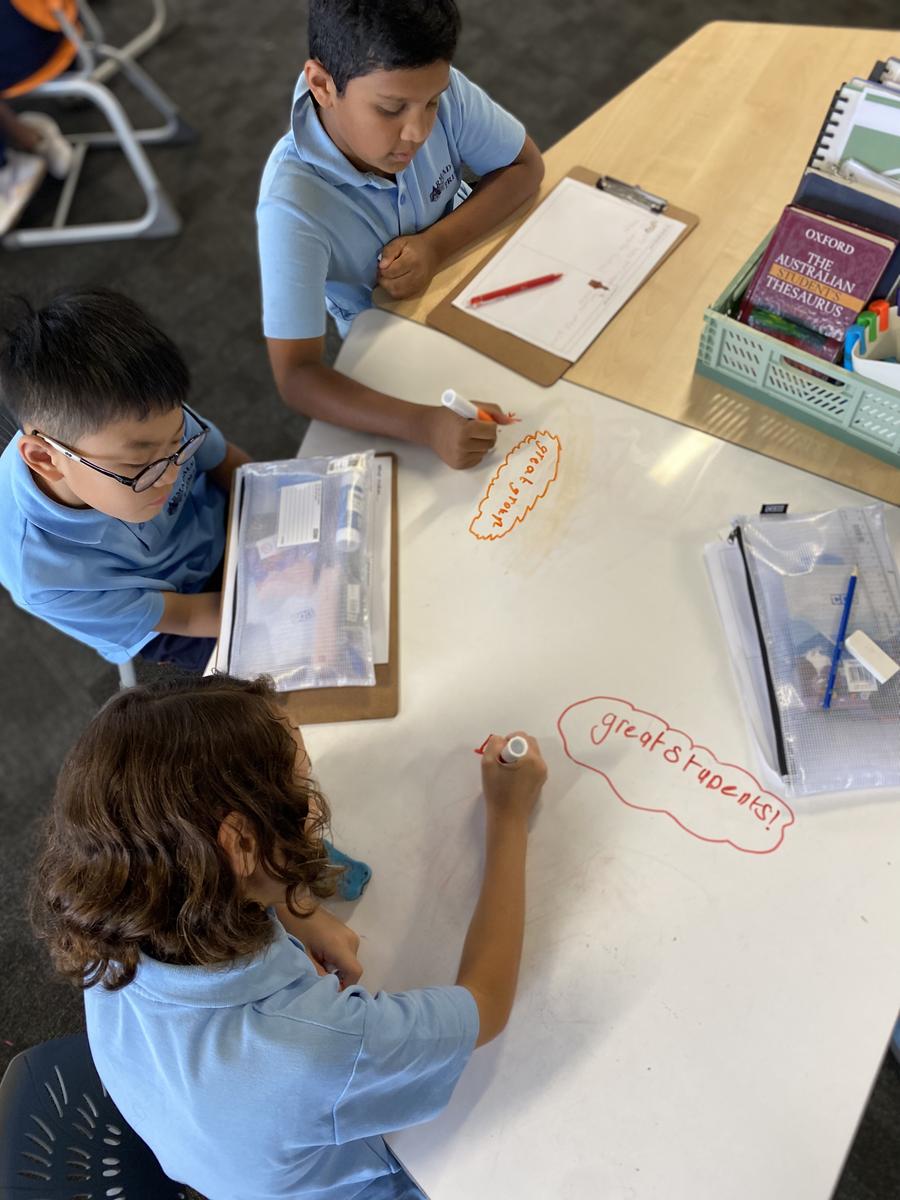Year 5/6 Bulletin
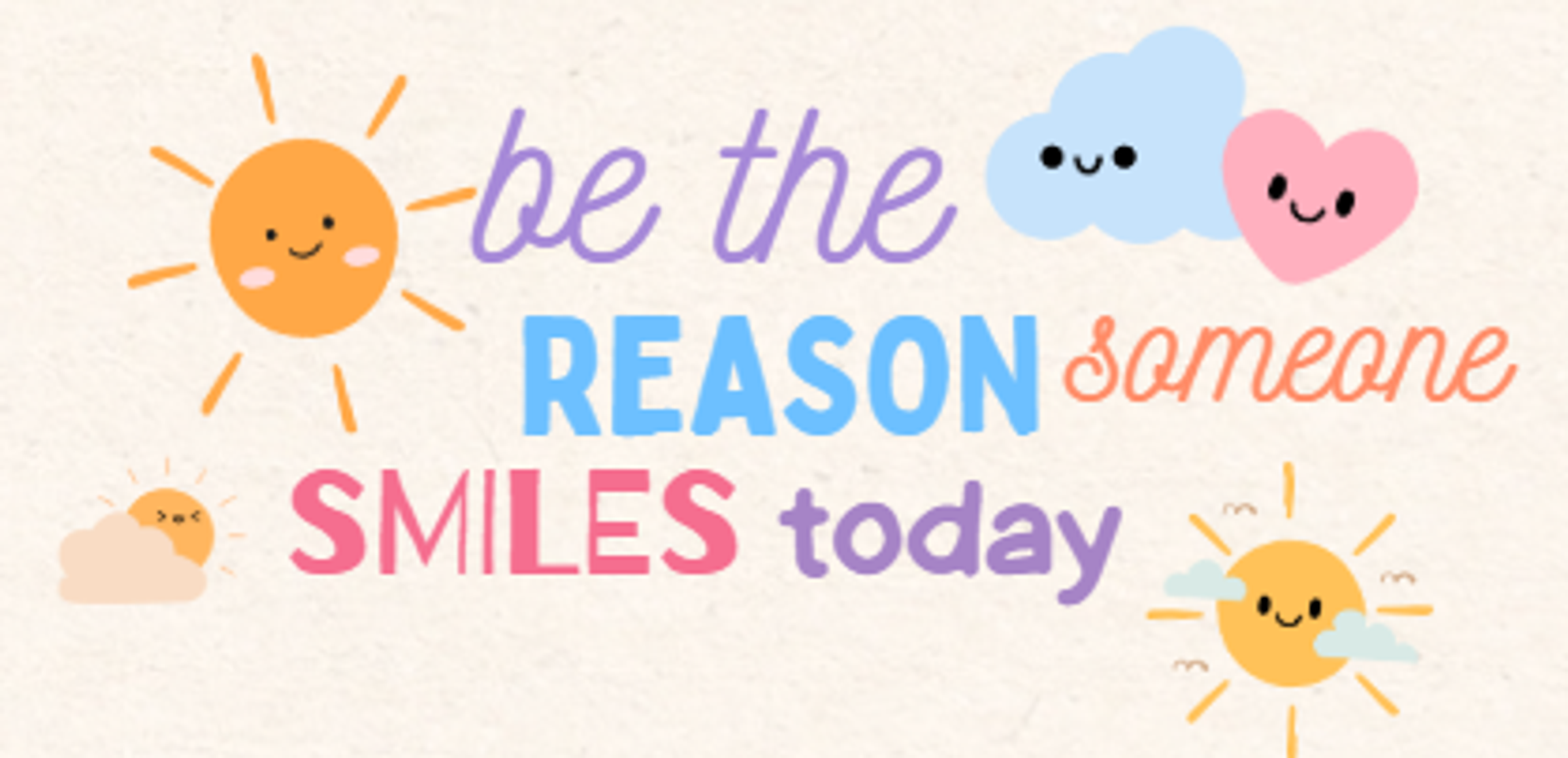
Student Wellbeing in Years 5/6
In years 5/6, we create meaningful leadership opportunities and classroom initiatives that empower students to grow, connect, and make a difference. Through these experiences, students build confidence, develop important life skills, and contribute to a positive school community. This bulletin will give you a glimpse into how we support wellbeing by encouraging leadership, teamwork, and a sense of belonging.
Leadership Programs
Students in years 5 and 6 participate in two leadership programs designed to develop their leadership skills, confidence, and sense of responsibility.
Young Leaders Program (Year 5)
Our Year 5 students participate in the Young Leaders Program, which focuses on exploring the qualities of a leader. So far, they have been developing their public speaking skills and learning how effective communication plays a vital role in leadership. This program encourages students to step out of their comfort zones, build confidence, and embrace the responsibilities that come with leadership.
SRC Program (Year 6)
Our Year 6 students are actively involved in the SRC Program, where they have unpacked the concept of leadership by investigating who leaders are and what makes a great leader. Students work in committees to create group agreements outlining how they want to act as a group, how they wish to speak to each other, and how they would like to collaborate. This process helps students build teamwork, respect, and a sense of shared responsibility.
Buddy Program
The Year 5/6 students are also provided with the opportunity to be a buddy to a Prep student. This program not only helps younger students feel safe and supported as they transition to school life but also supports the wellbeing of our older students by fostering leadership, empathy, patience, and resilience. It provides a sense of purpose and belonging, helping students build positive relationships across the school community.
Our Class Culture
As a cohort, we have explored what we believe makes a great teacher, student, school, and classroom. This collective vision underpins our class expectations of Safety, Respect, and Responsibility, the foundation of our learning environment.
Open Parachute Program-The Cycle of Kindness
This week, students began exploring the 'Cycle of Kindness' concept, which is how small acts of kindness can create a ripple effect throughout our community. This discussion encourages students to think about how their actions can positively impact others and contribute to a supportive and inclusive school environment.
Learning intention: To recognise how kindness and unkindness create cycles and practice strategies to break the cycle of unkindness.
Learning experience overview:
Students reflected on how they could counter unkindness with kindness and what that could look like at school. They then took notes while watching a video, in which a student had moved to a new country and started hanging out with an unkind group before making the hard choice to find kinder friends. This scenario prompted us to reflect on what it might feel like to be a new kid at school who may not look like or speak the same language as their peers, which formed the basis of the poster they will finish next session.
Big Question- How can I choose to be kind when others are being unkind?
Vocabulary- kind actions, unkind actions, being mean on purpose
What you can do at home to support us and your child/ren with this-
Model and Set Kindness Goals – Work with your child/ren to set small acts of kindness goals, such as writing a kind note, including someone in a game, or helping a sibling. Reflect on how these actions create a ripple effect.
Discuss the Impact of Language– Talk about how words can build up or break down others. Discuss different scenarios to show how small changes in wording or tone can shift an interaction from unkind to kind.
Teach Strategies to Break the Cycle – Encourage pause and response rather than reacting impulsively to unkindness. Discuss strategies like walking away, using “I” statements, or shifting the conversation to a positive topic.
Reinforce the Power of Repair – Teach children that everyone makes mistakes and that apologizing, making amends, and showing changed behaviouris key to breaking unkind cycles and restoring relationships.
Try to be the reason someone smiles today!
Warm regards,
Jenny and Luca
Year 5/6 Team

